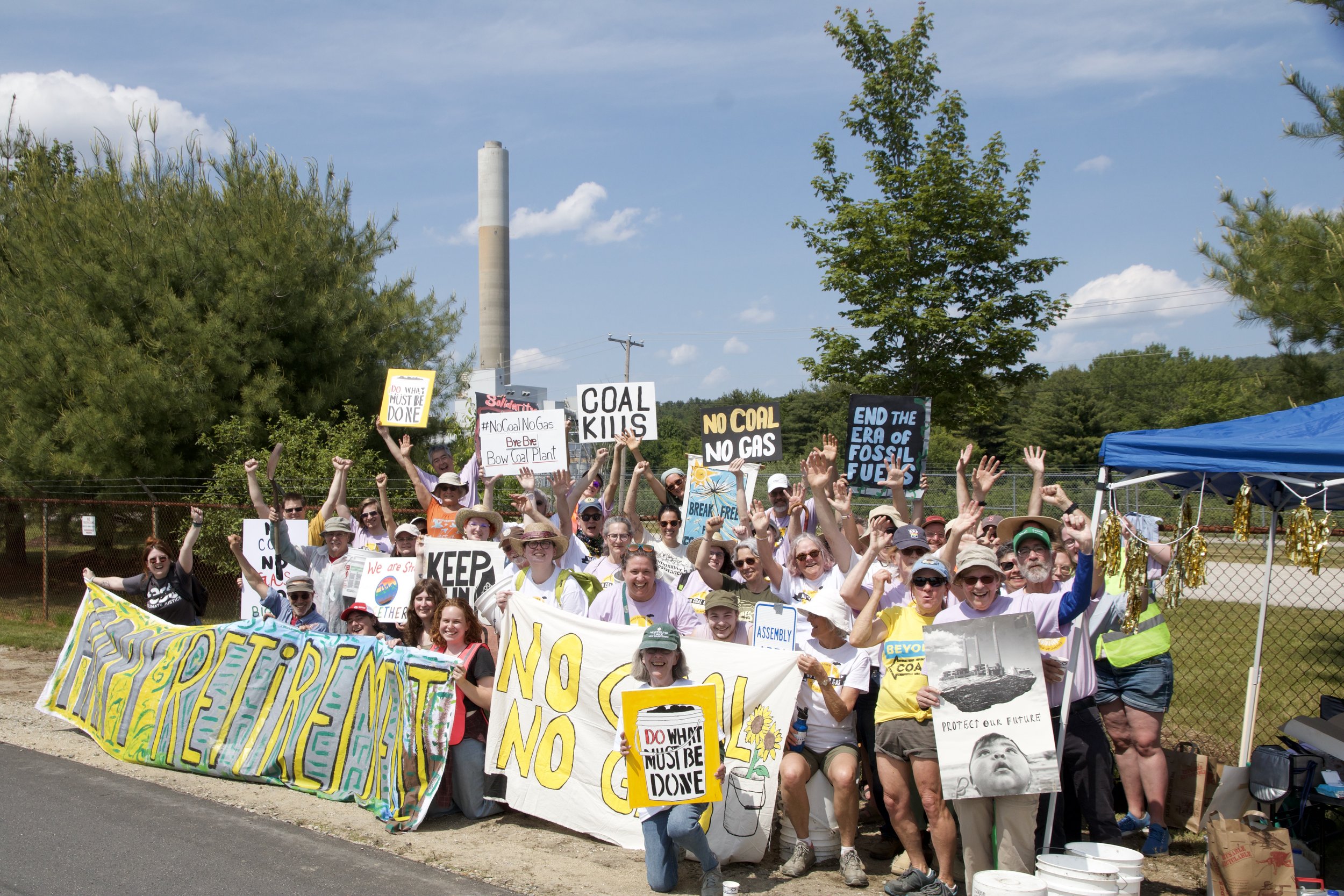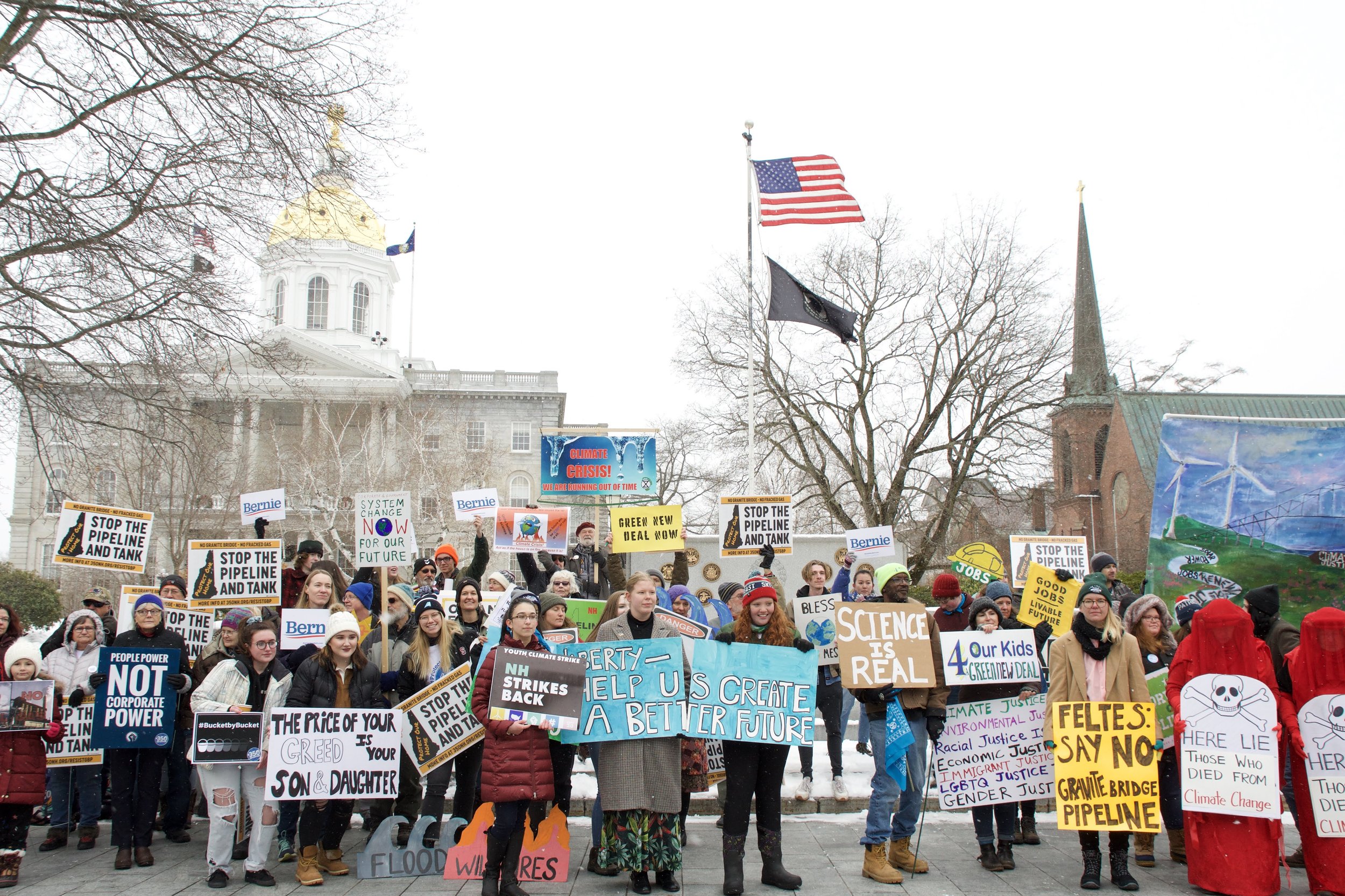
OUR WINS
We Shut down pipelines and coal plants.
We brought offshore wind planning to NH.
OFFSHORE
WIND
How we won the 350NH offshore wind campaign:
To start the process of developing offshore wind energy in NH, the Governor had to request a joint task force from the federal government. In 2016, 350NH organized community support, connected with elected officials and delivered hundreds of petitions, but Maggie Hassan failed to act before leaving the Governor’s office.
When Chris Sununu became Governor, we doubled down our efforts and passed warrant articles in more than 20 towns across the state calling for the Governor Sununu to request a offshore wind taskforce from the Bureau of Ocean Energy Management. In 2019, we caught Sununu on NHPR’s “the Exchange” and got a verbal commitment to request the offshore wind task force. We followed up with public pressure and forced Sununu to keep his word.
The official process began in 2020 with the first meeting of the federal and state joint task force on offshore wind. We can stop the climate crisis and create thousands of good paying jobs by building offshore wind energy and there is enough wind capacity off the coast of New Hampshire to generate 2,600 MW of energy (enough to supply the entire state). We are still part of the New England Coalition for Offshore Wind and are pushing back against attempts by legislators to retroactively ban offshore wind.
Here’s why offshore wind is good for New Hampshire!
Thank you to all the volunteers who helped us win this campaign.
We stopped the Granite Bridge Pipeline
350NH ran a fierce grassroots campaign to stop the proposed 27 mile Granite Bridge fracked gas pipeline and we won!. We hosted information sessions, trained volunteers, canvassed, passed local ordinances, organized climate strikes, and pressured elected officials to oppose the pipeline until the project was finally defeated in July 2020.
Liberty Utilities’ Granite Bridge fracked gas pipeline threatened the health and safety of our communities. It would have cost New Hampshire ratepayers hundreds of millions of dollars and contributed to billions of dollars in damages caused by catastrophic climate change.
From day one, the Granite Bridge was about making money for Liberty Utilities, and not about meeting the needs of Granite Staters. Liberty Utilities wasted 9 million dollars on the failed project and immediately tried to pass that cost on to ratepayers. In 2023, the New Hampshire Supreme Court denied Liberty Utilities request to recoup 7.5 million of development costs through rate payer hikes. New Hampshire does not need any more gas pipelines to meet our energy needs, and we will fight any new pipeline proposals that arise.
We shut down the last
coal plant in New England
No Coal No Gas, our campaign that we launched with the Climate Disobedience Center, has successfully SHUT DOWN New England’s last remaining coal plant. After years of pressure from direct action and lawsuits, coal company Granite Shore Power made a historic deal with the EPA to transition their coal plants to renewable energy. They are trying to claim that this was their plan all along. We’re so glad they’re (finally) on board, but this is only the result of years of strategic action from our grassroots community here in New England.
Granite Shore Power officially closed the coal operations in September 2025, and now plans to turn Merrimack Station and Schiller Station (their coal plant in Newington that shuttered in 2020) into “renewable energy parks” featuring solar arrays and battery storage. No Coal No Gas has their eyes set on the rest of the polluting Peaker plants in the region - because we know we do not need fossil fuels to keep our electricity on.
No coal no gas in action
We led the grassroots resistance to coal in New Hampshire, liberating coal from the pile in Bow, blockading coal trains, planting a garden at the plant, and building a community of people across the region ready to act to stop fossil fuel pollution.
Thank you to all our volunteers who made this victory possible! Watch this video to learn more about our campaign.
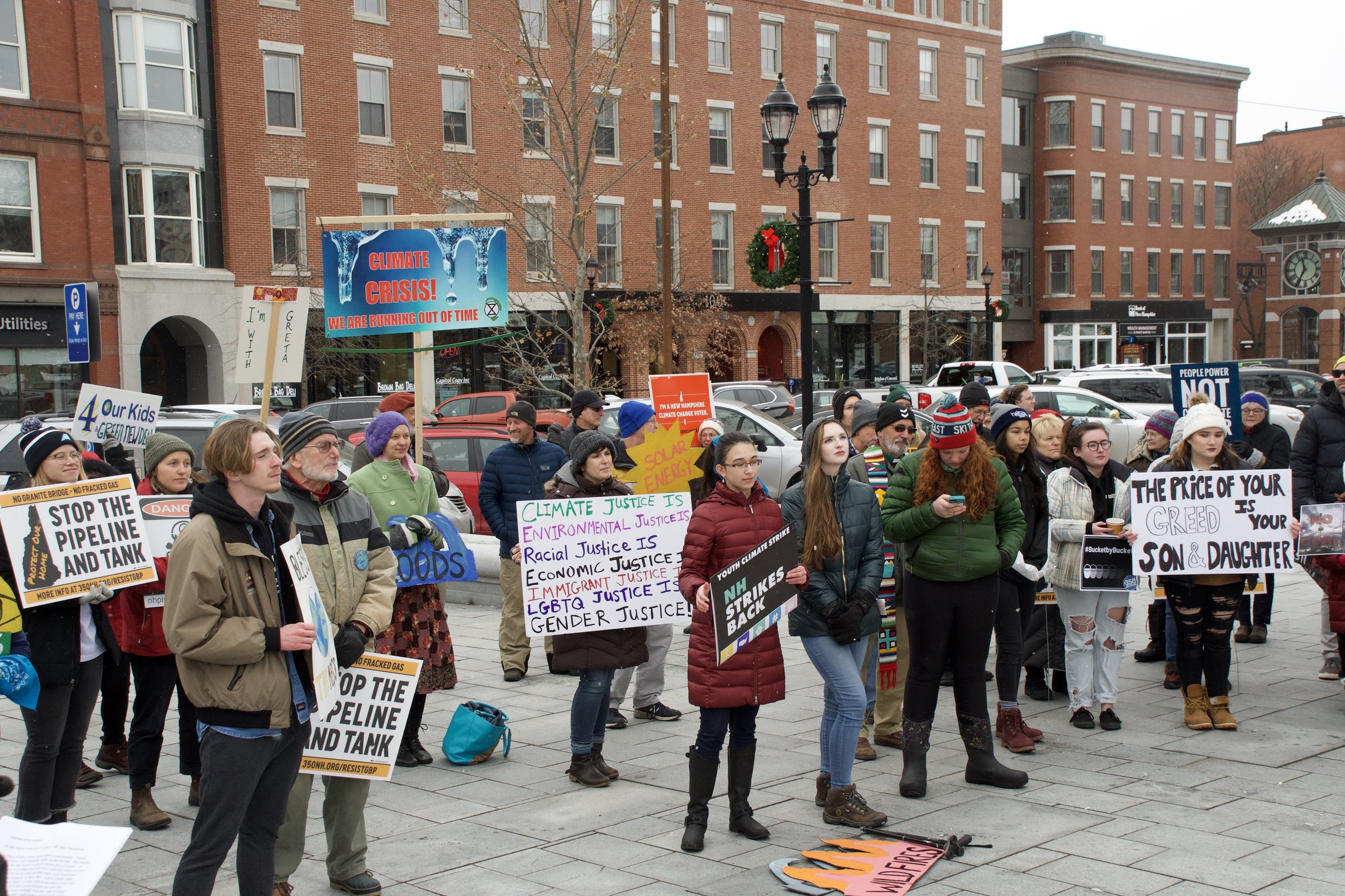
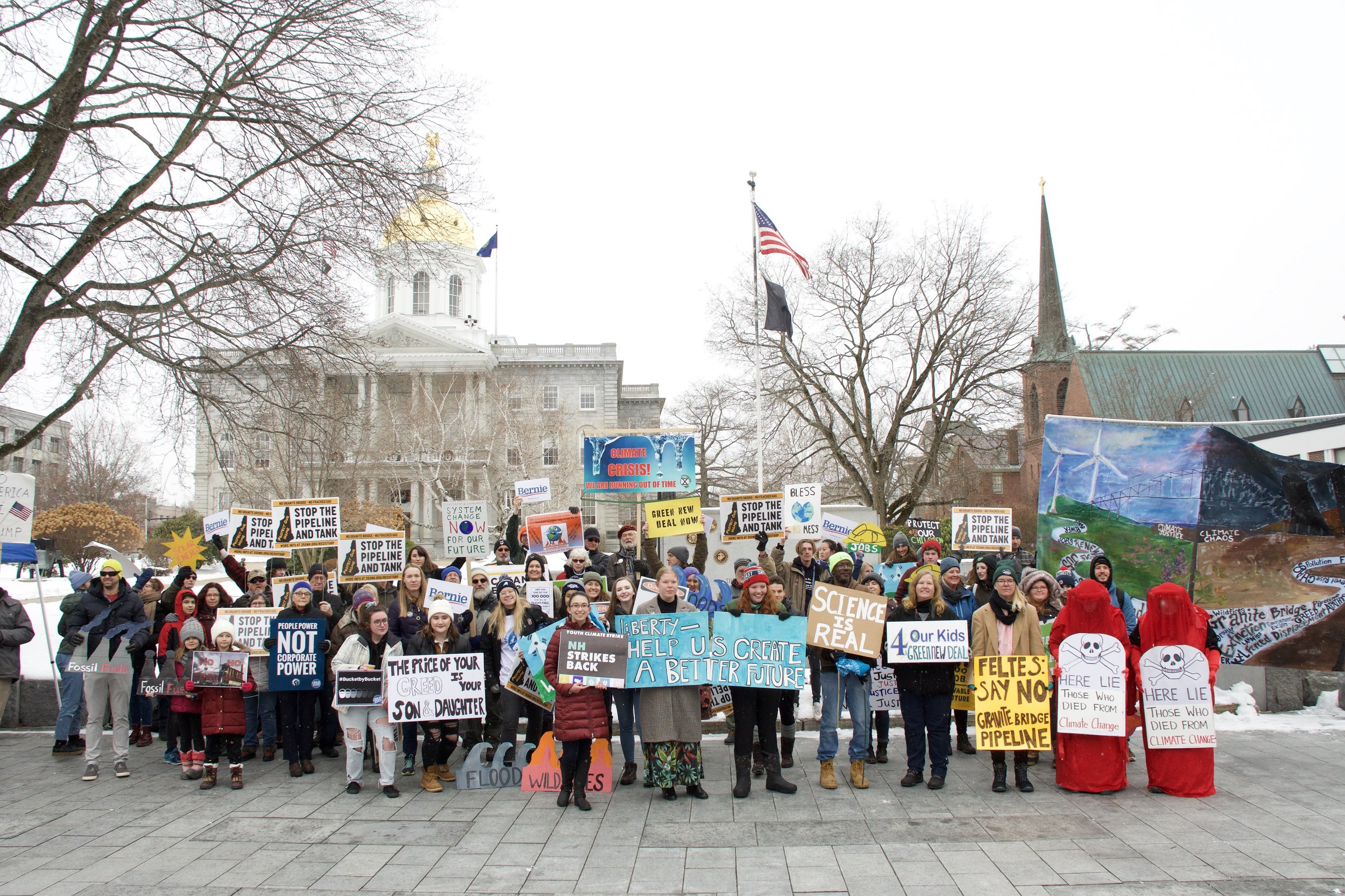
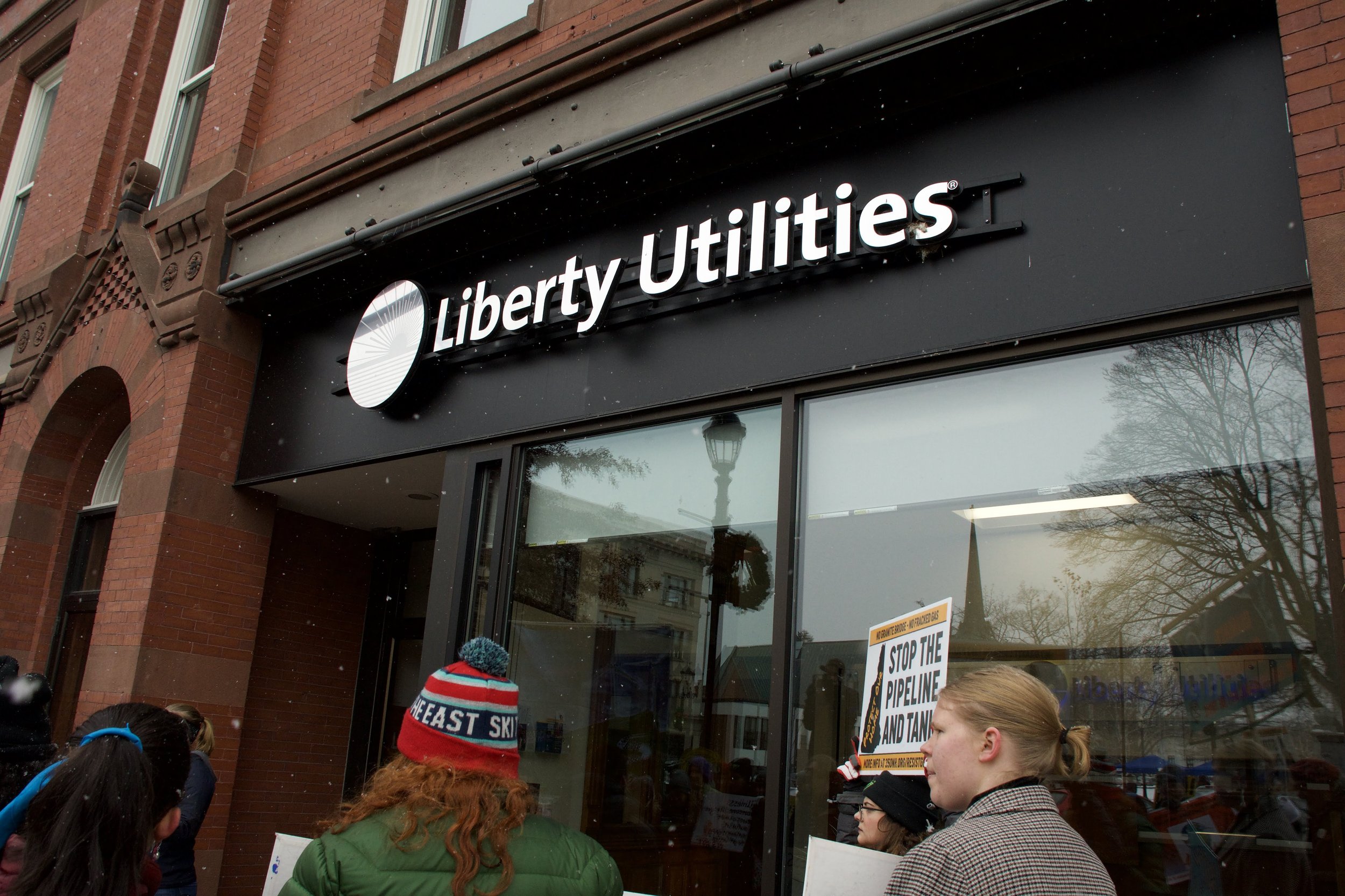
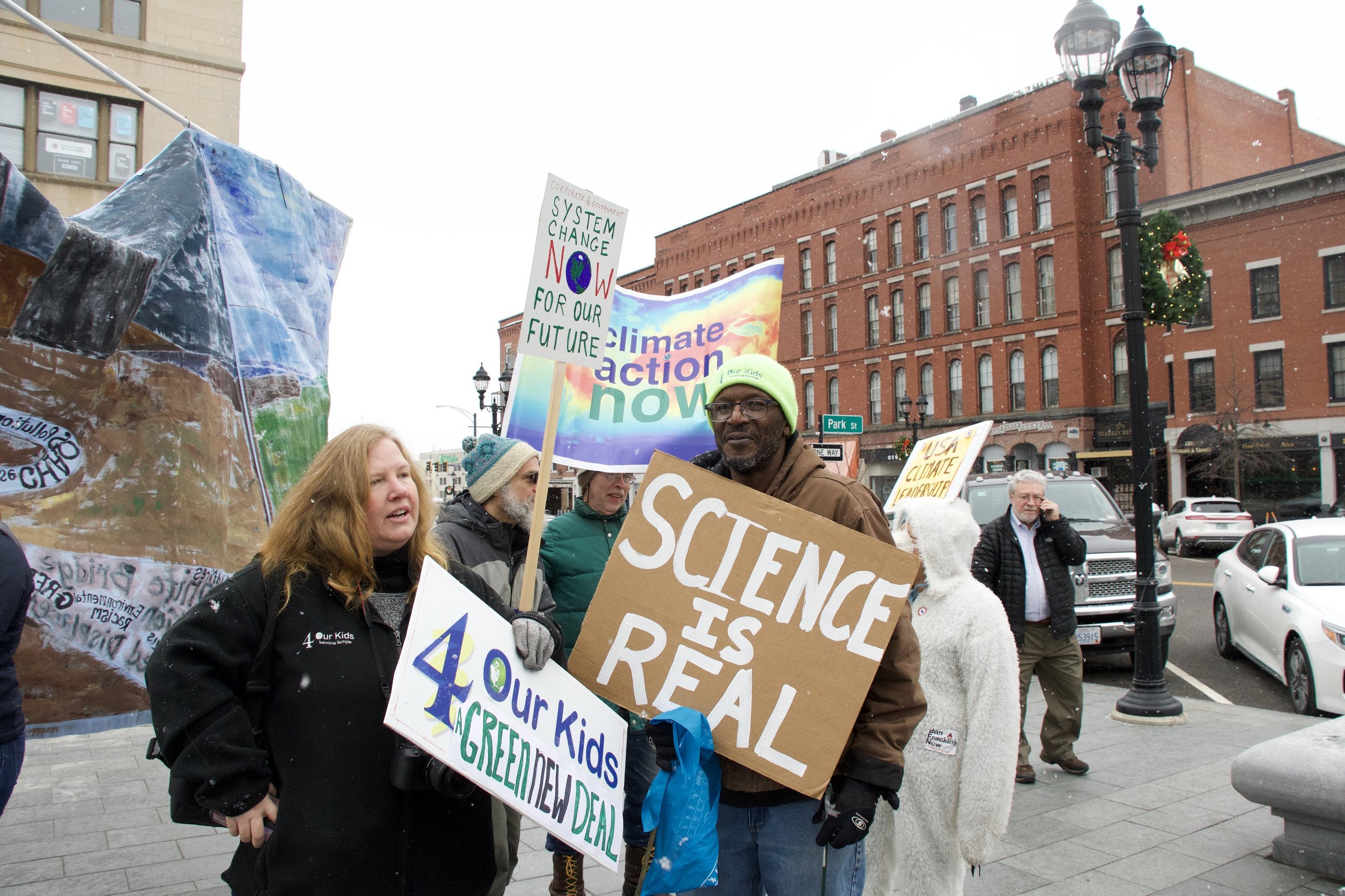
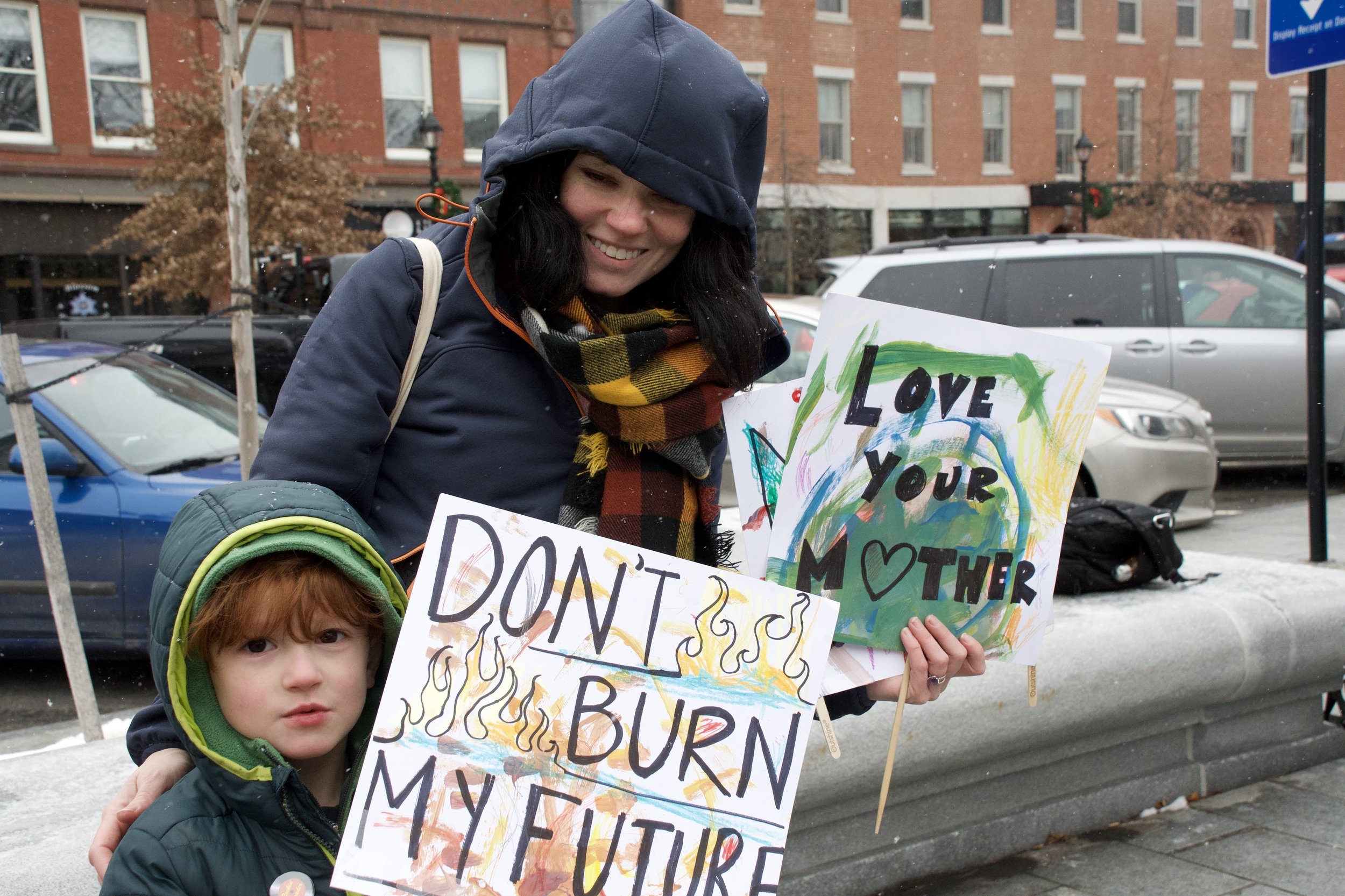
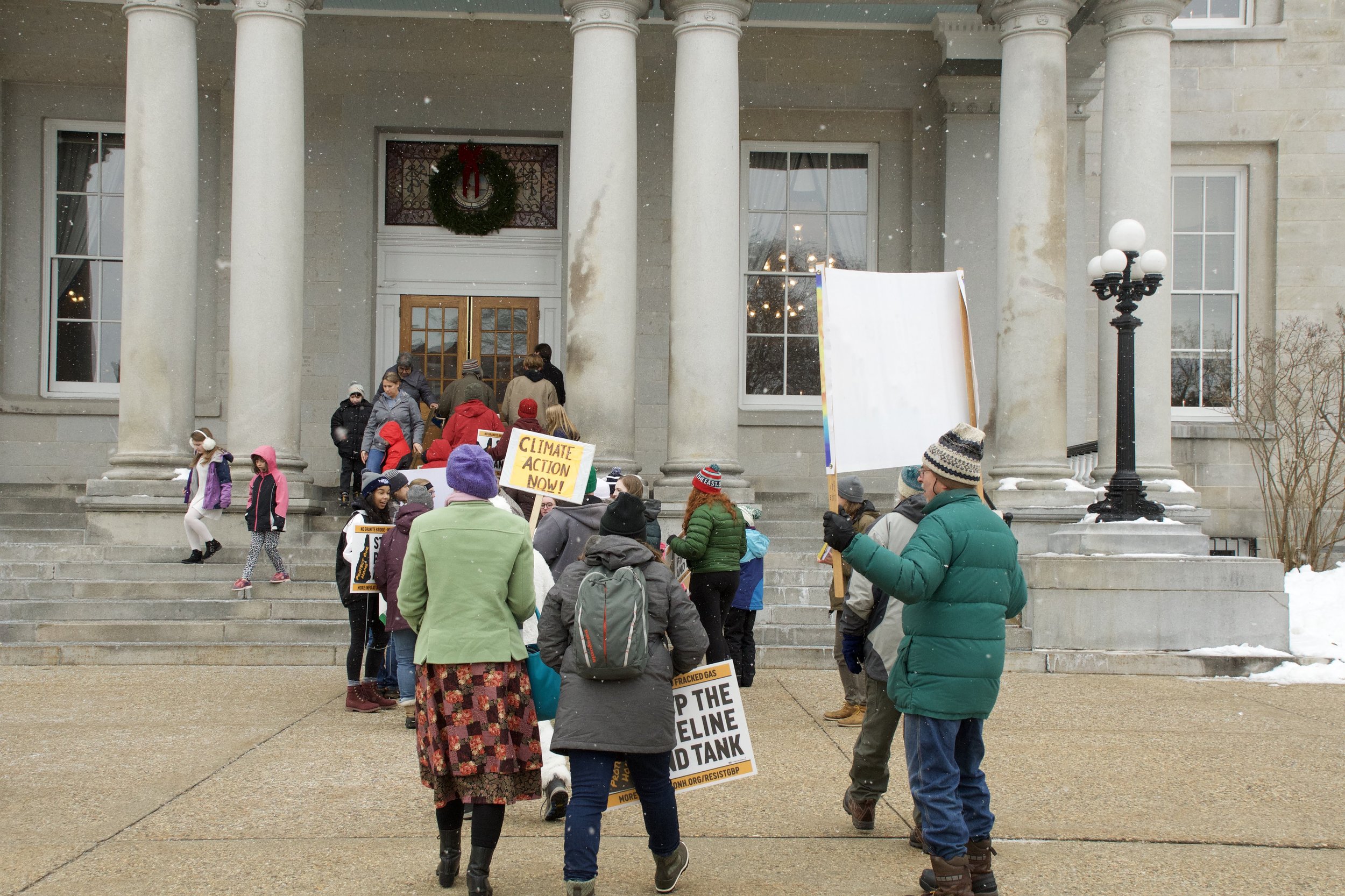
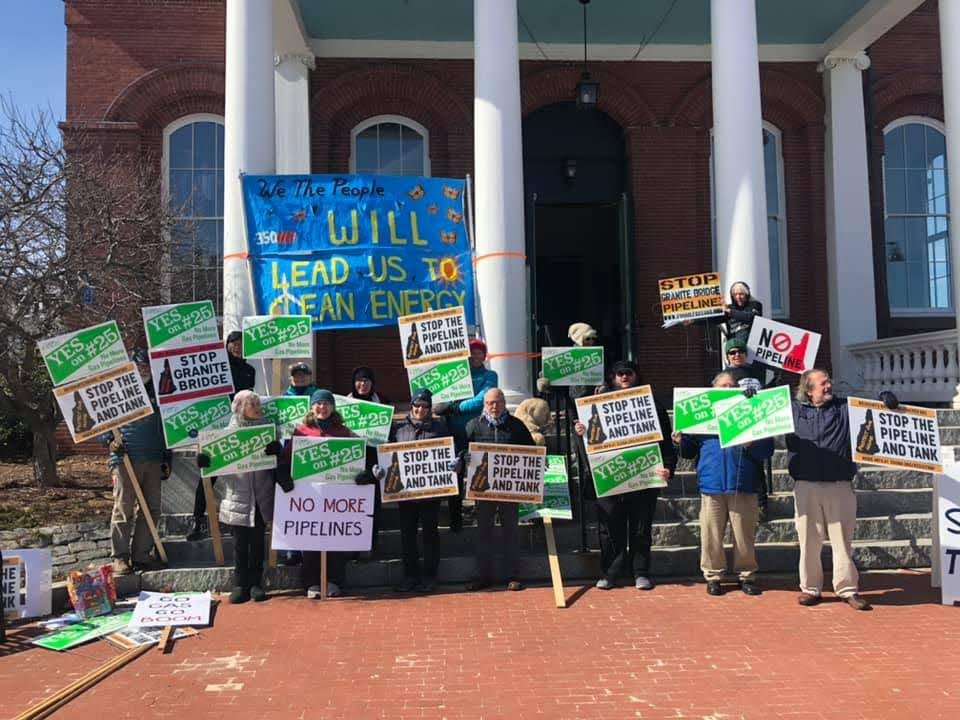

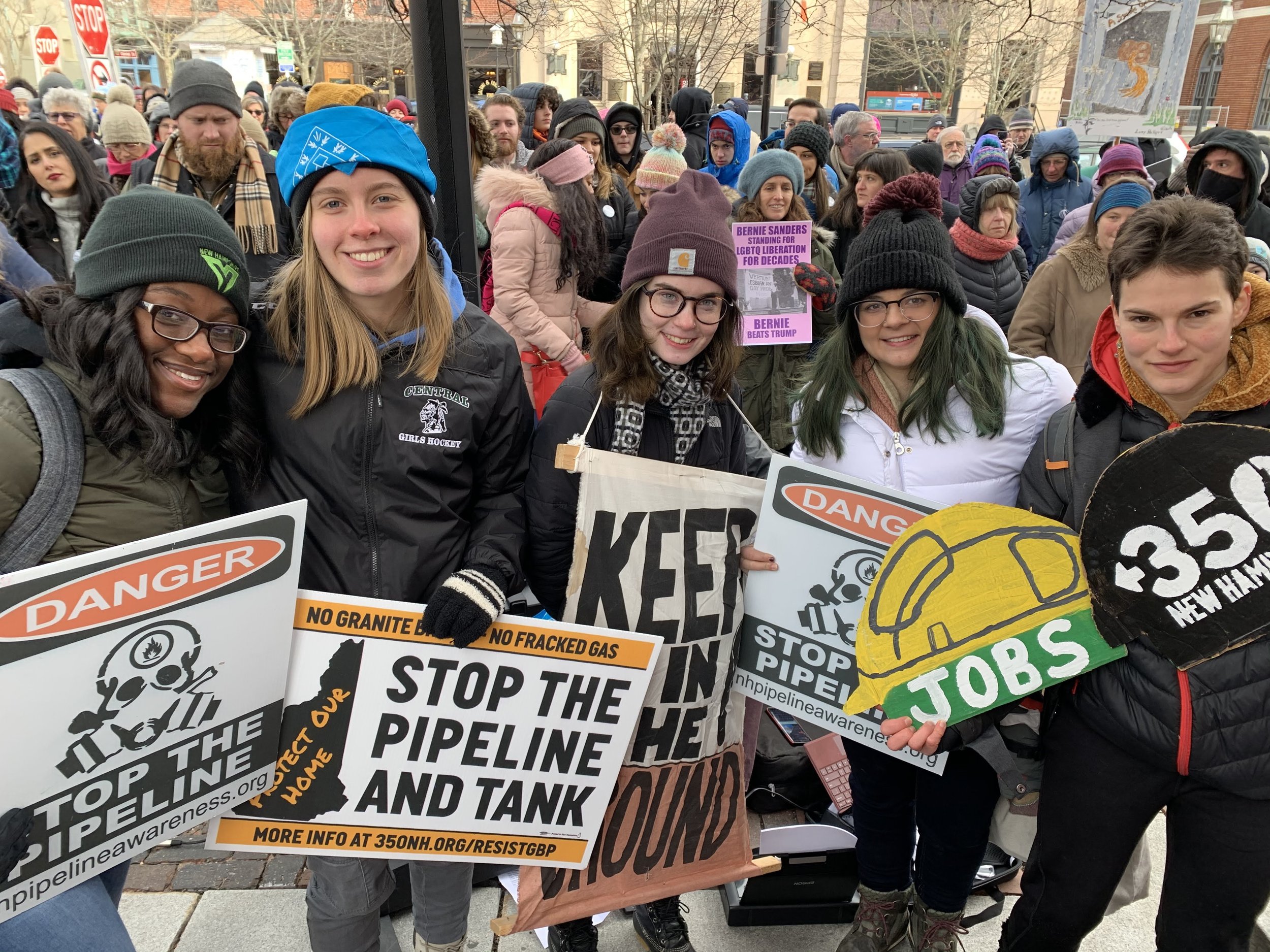
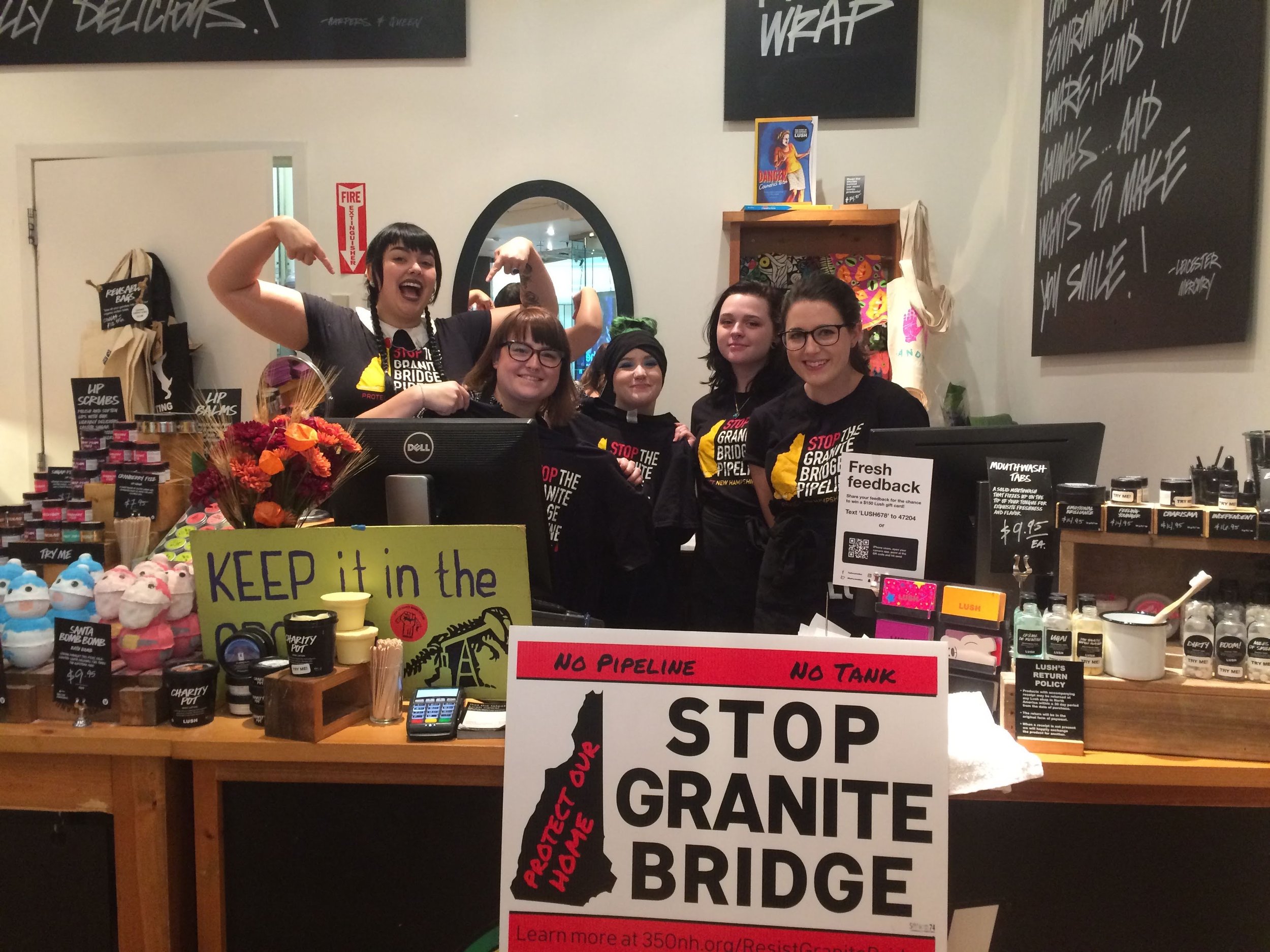



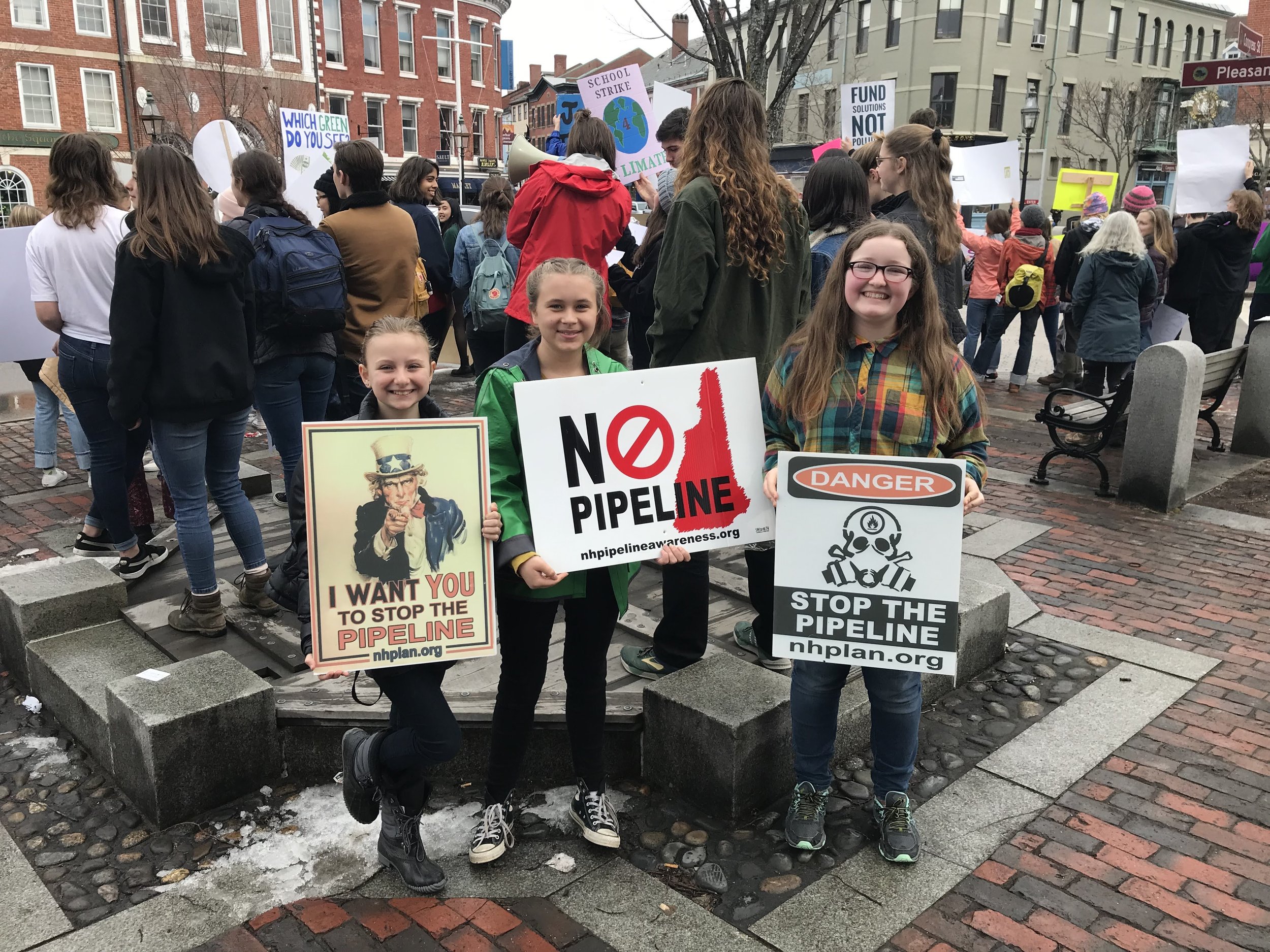

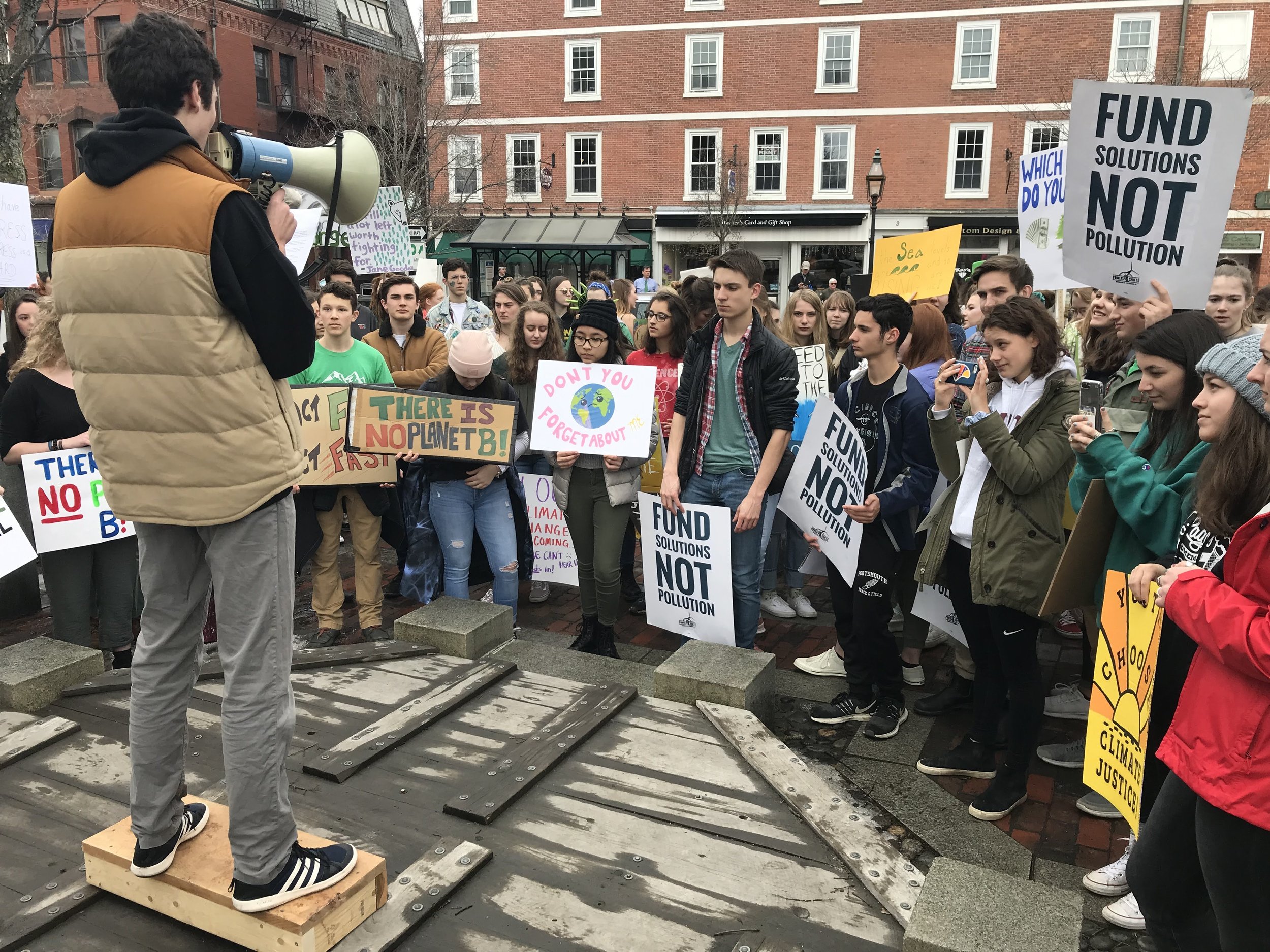

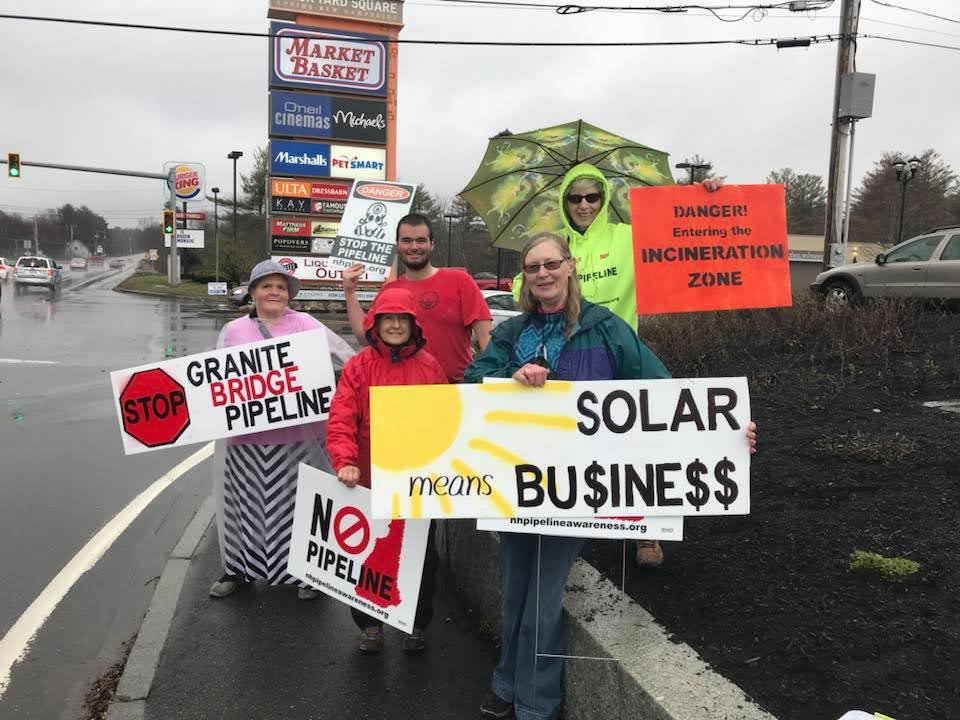
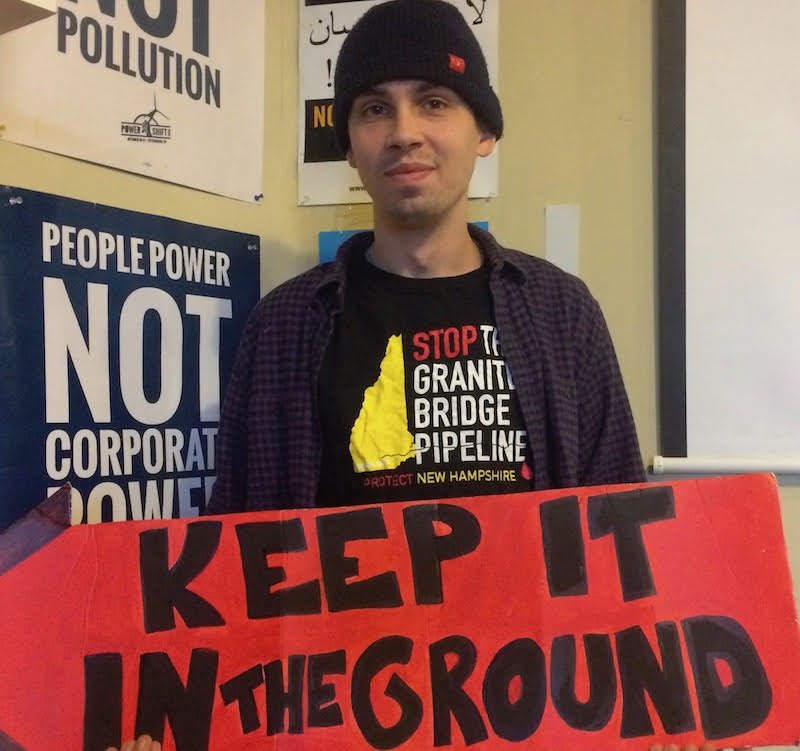
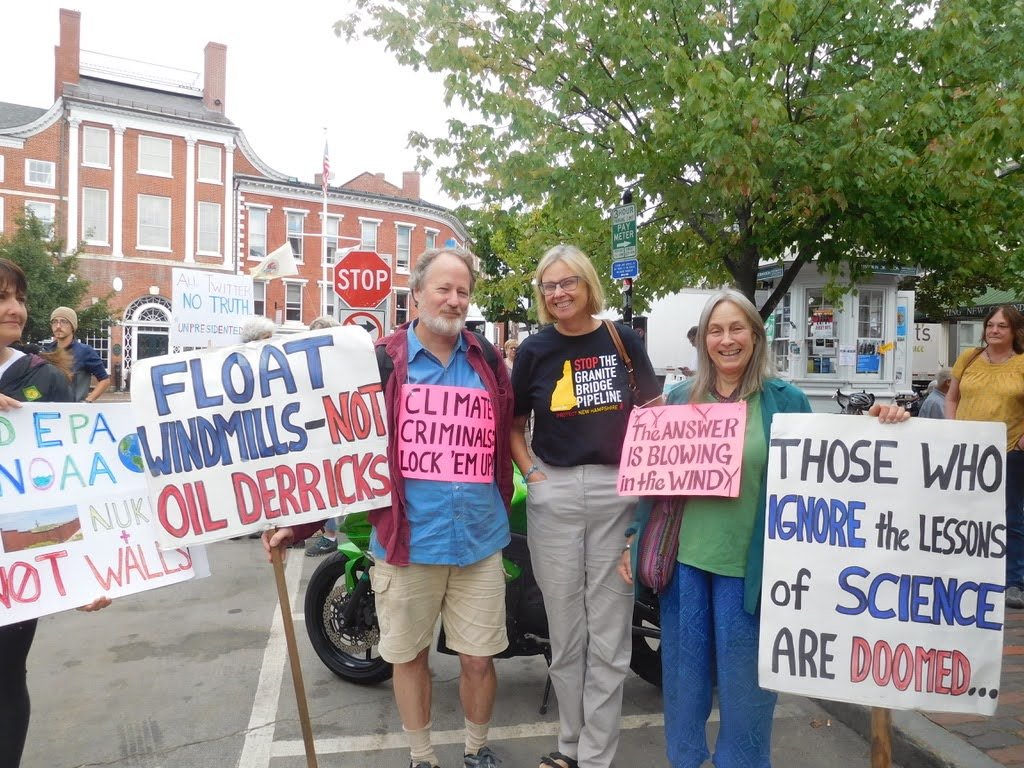
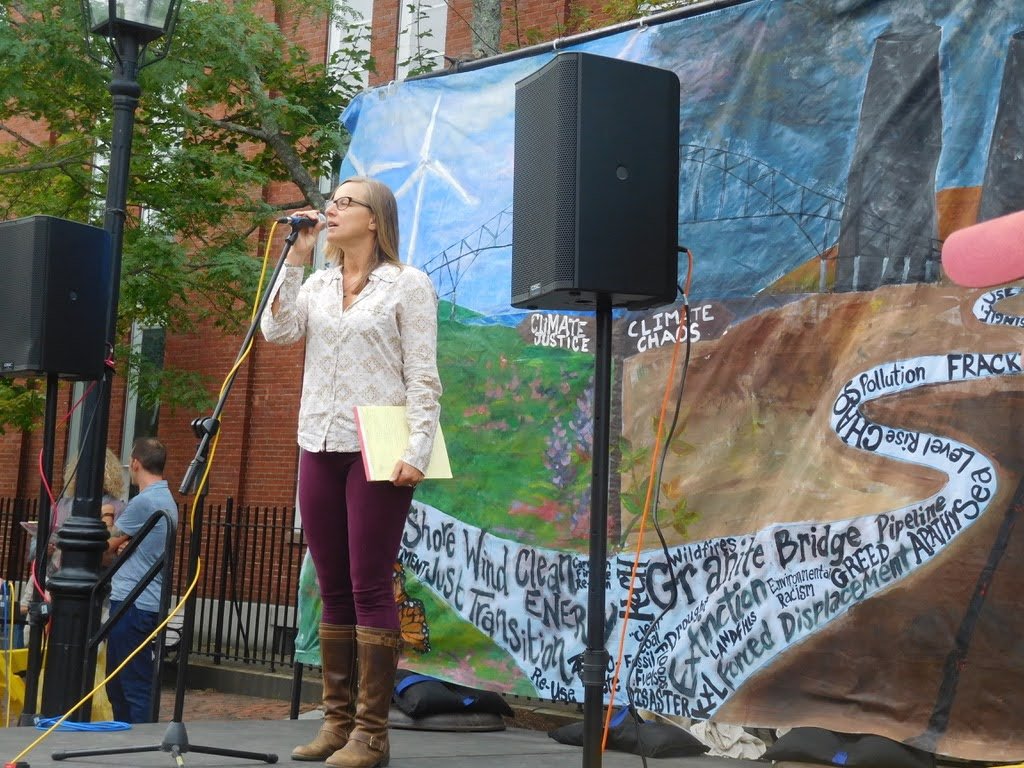
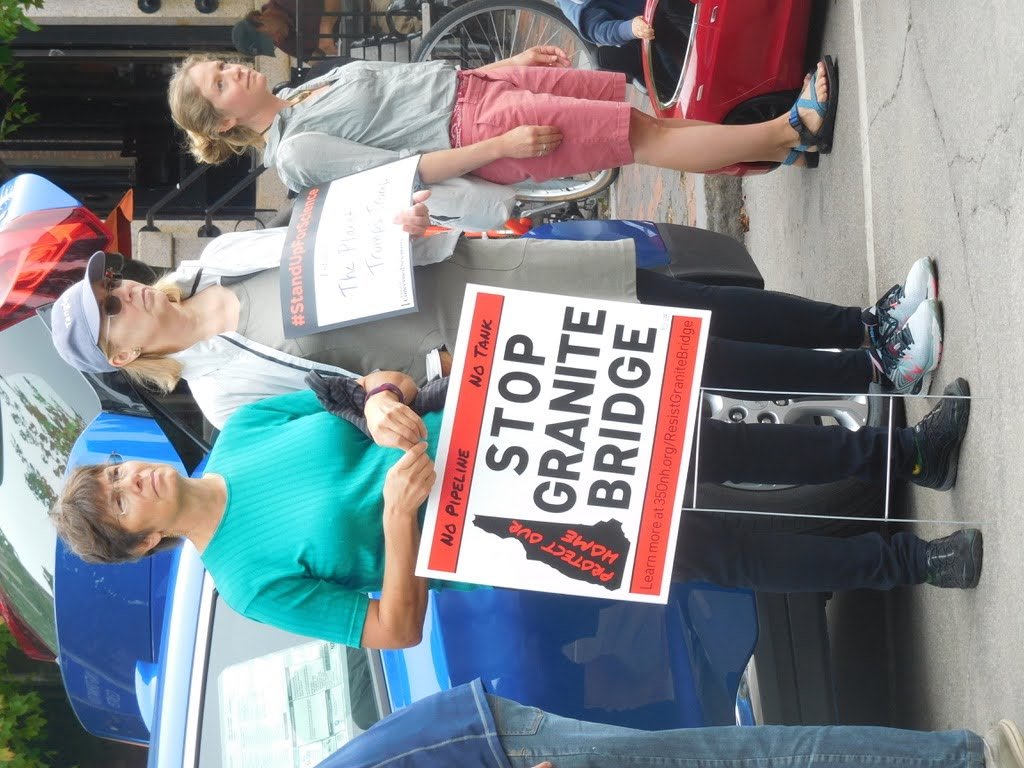
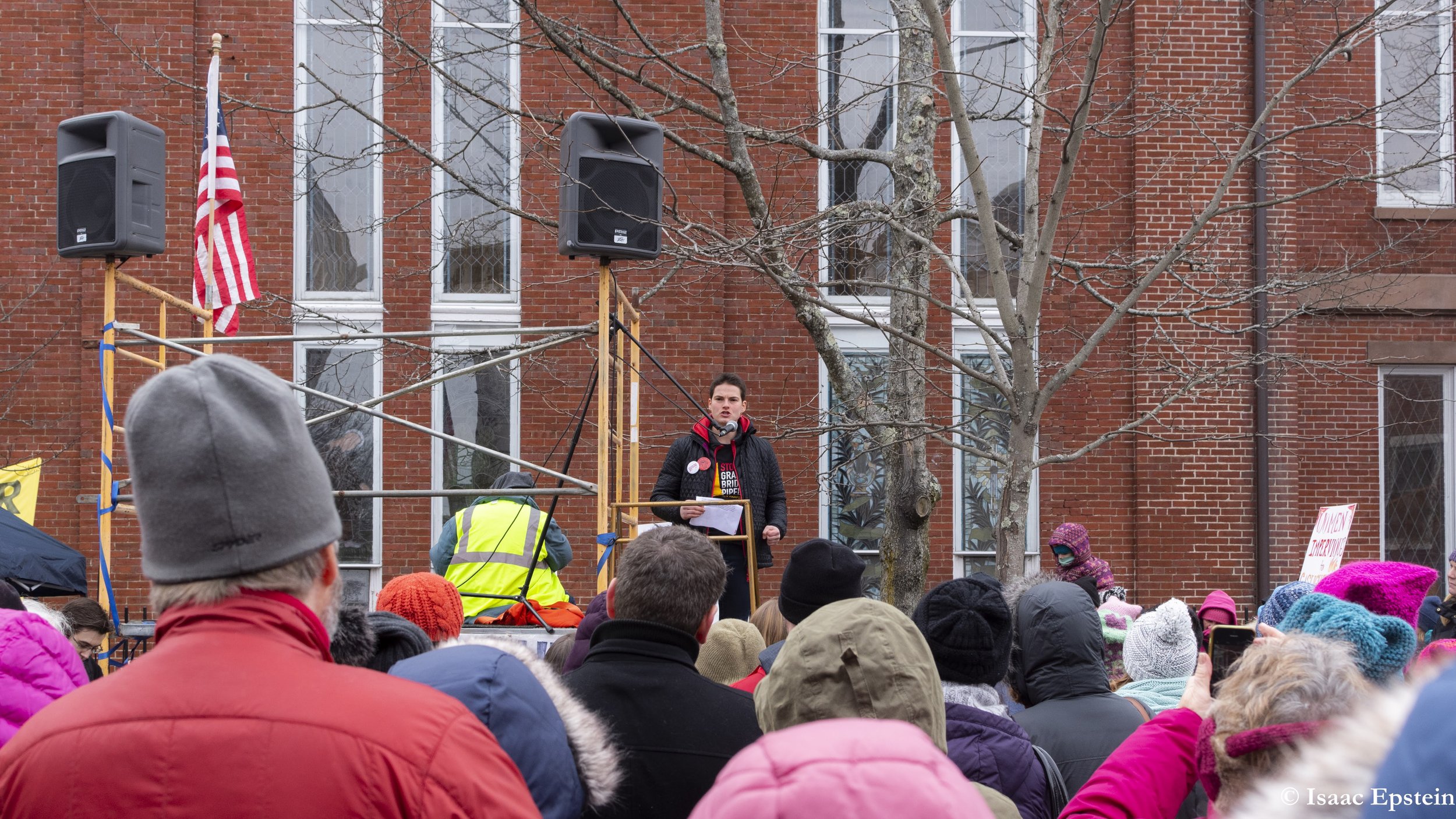
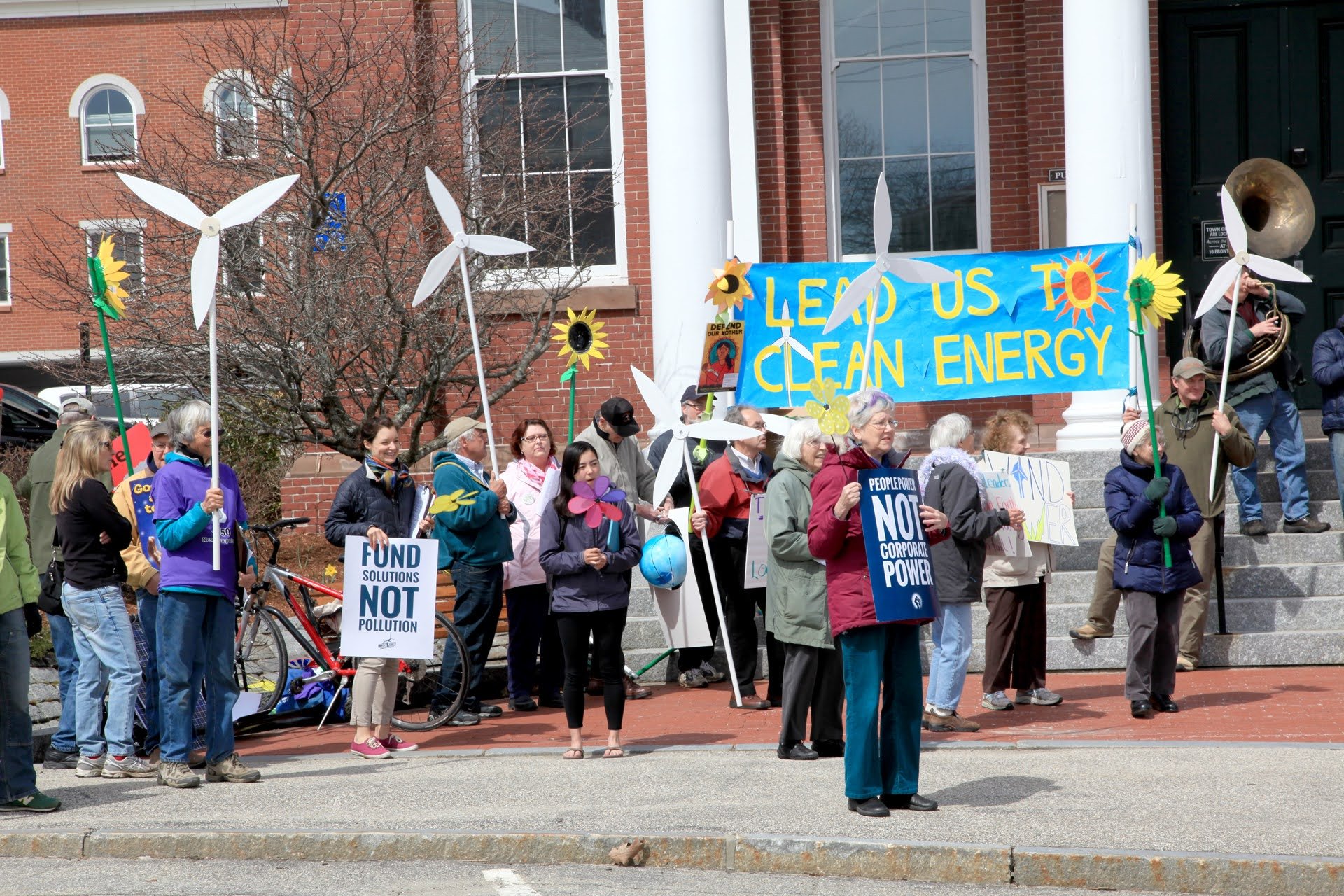
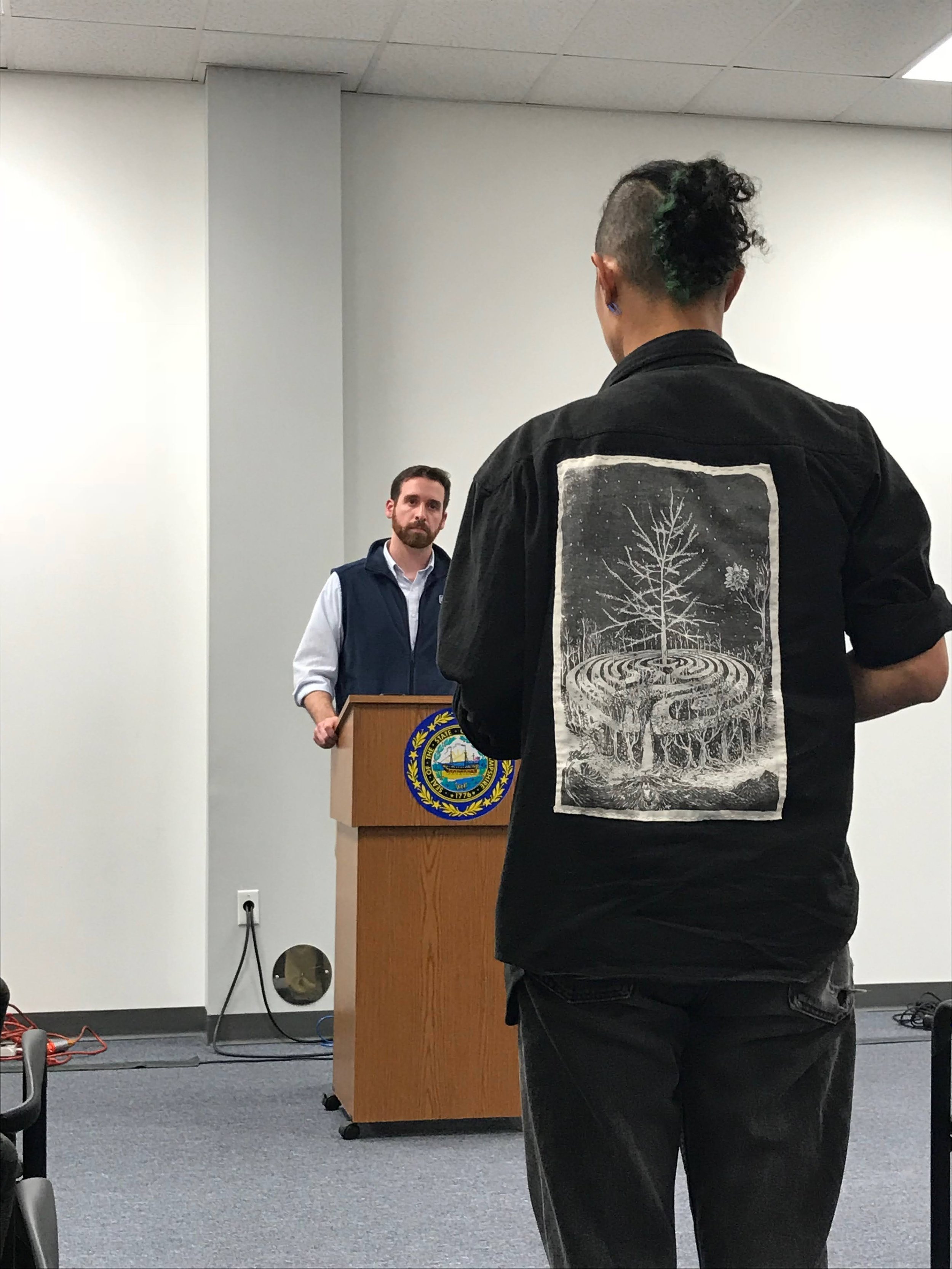
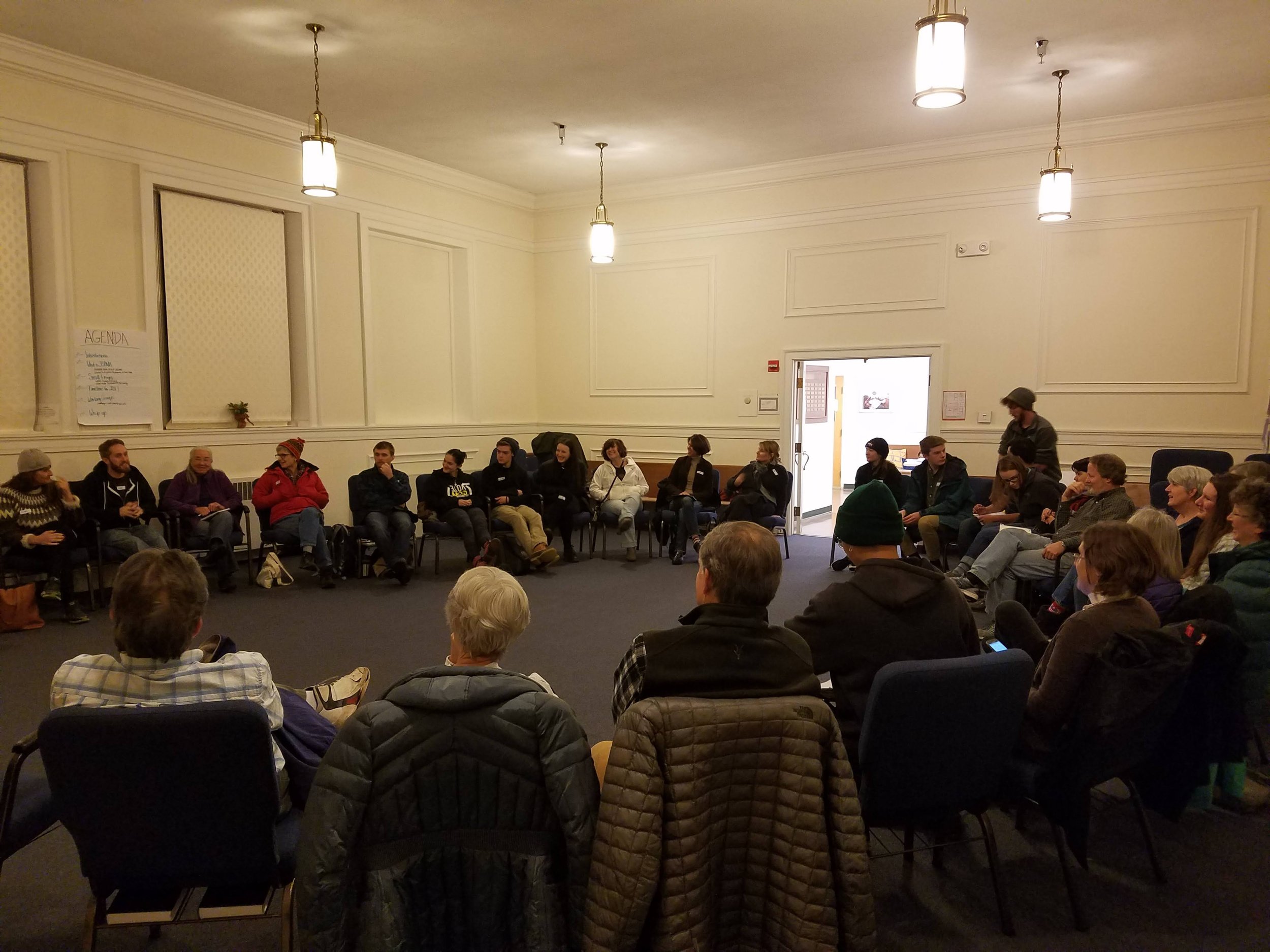
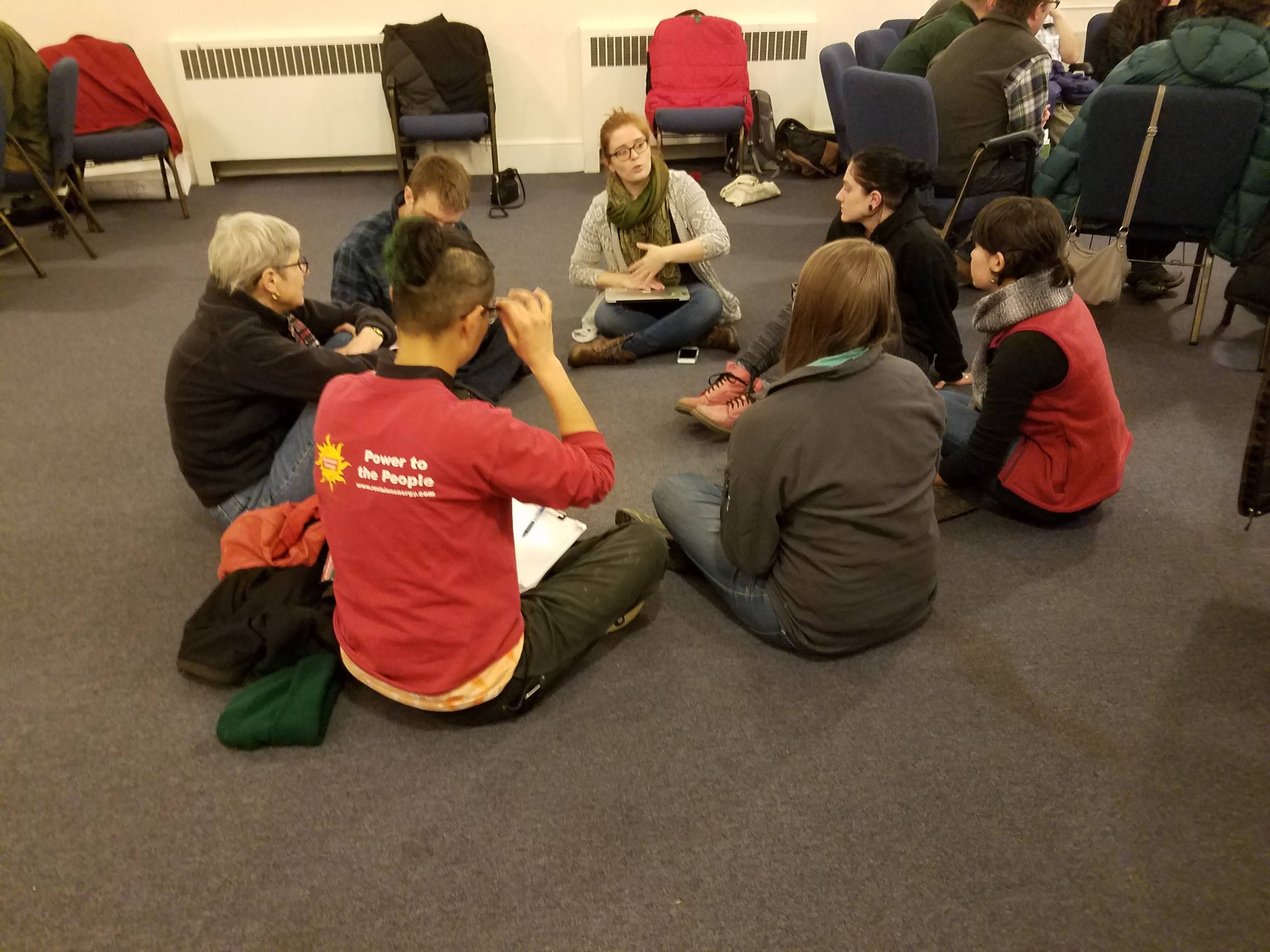





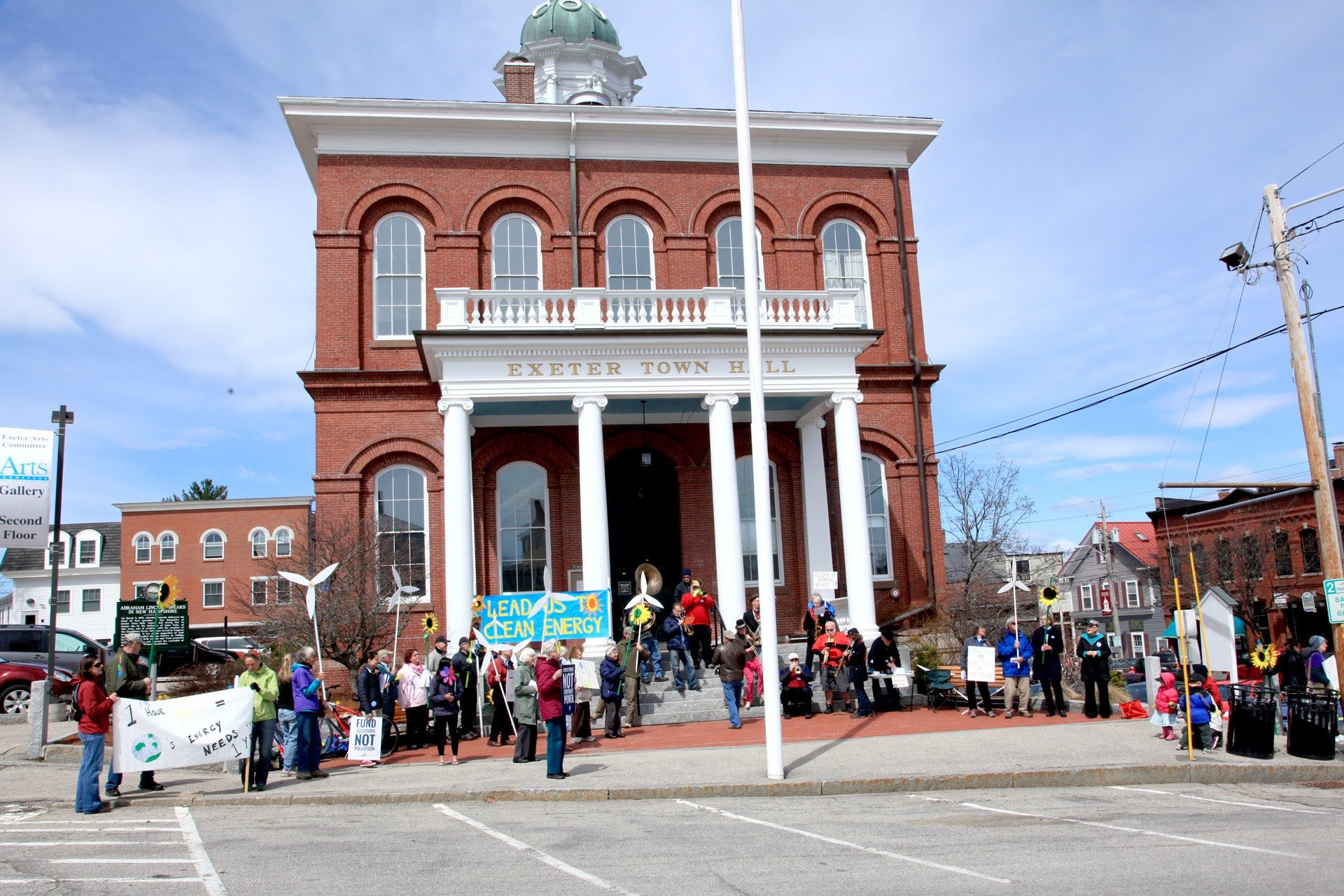
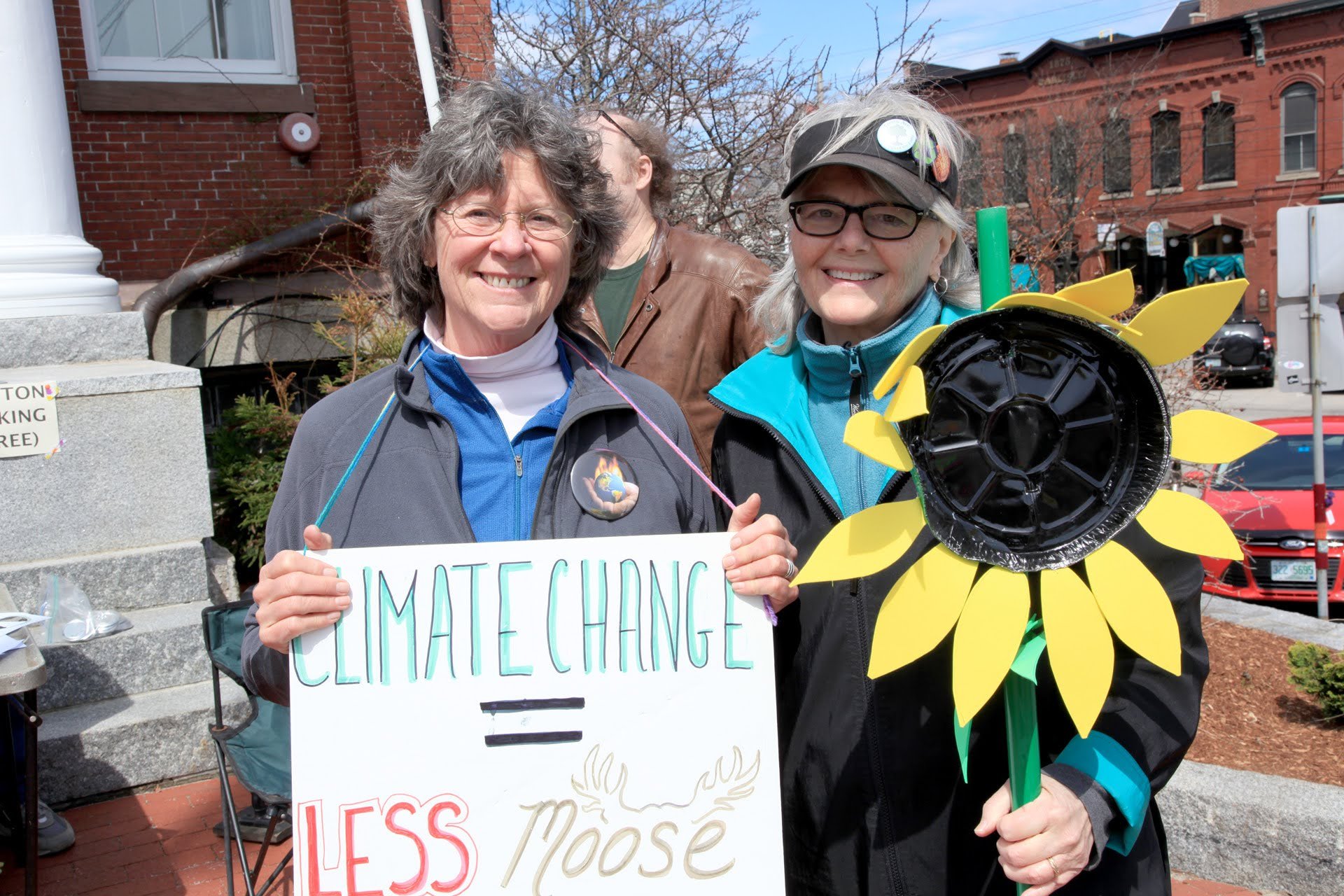
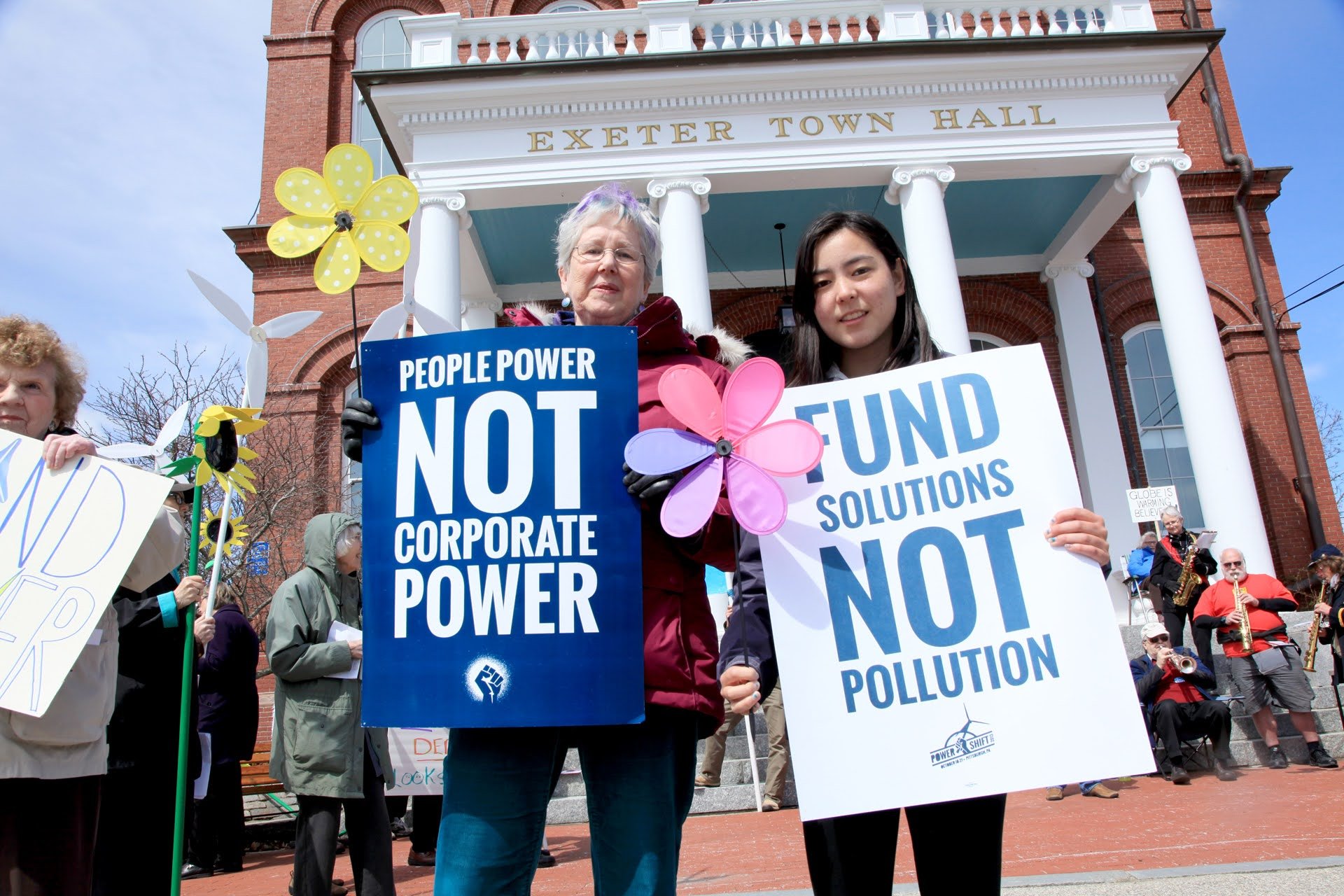
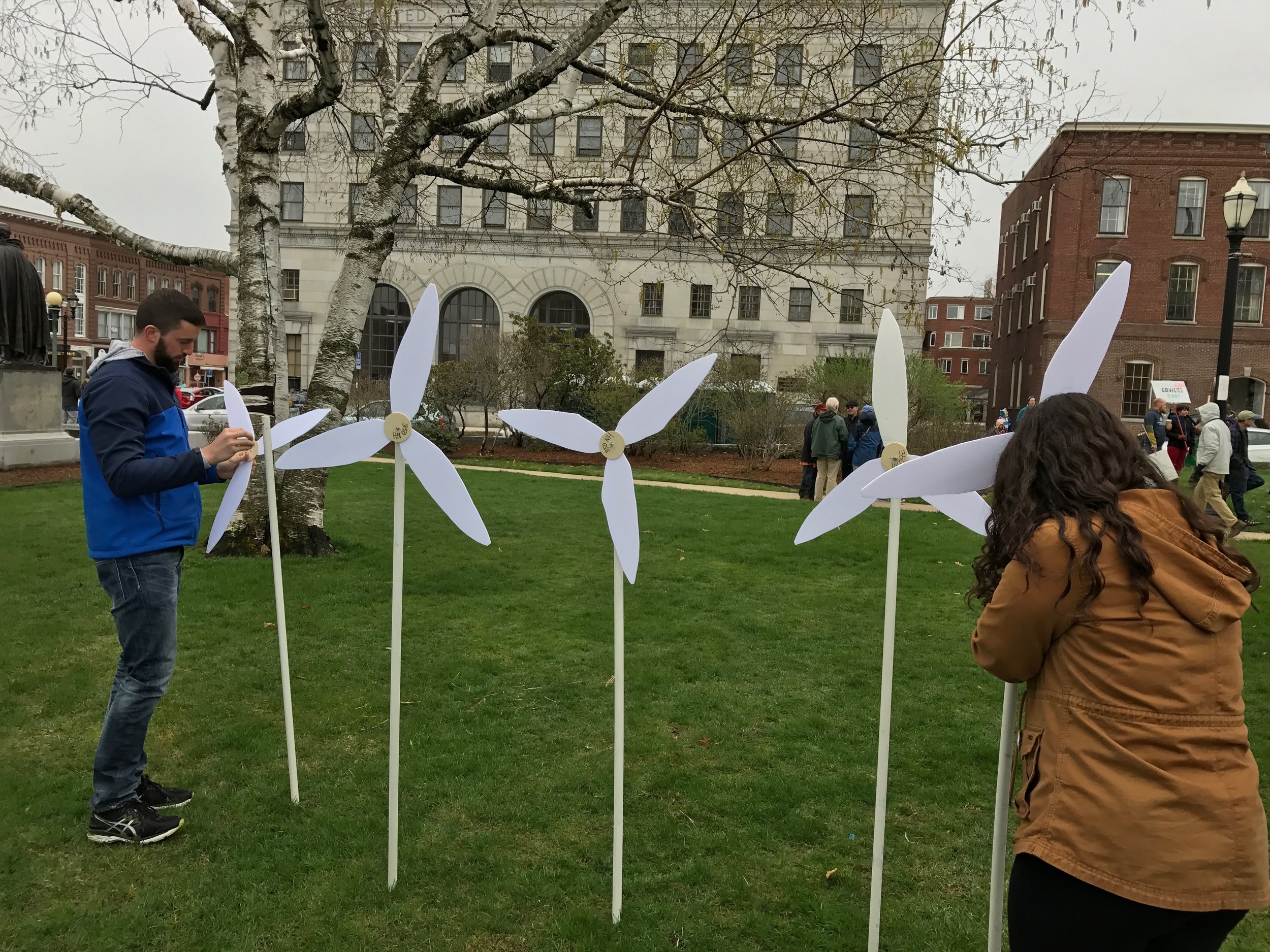
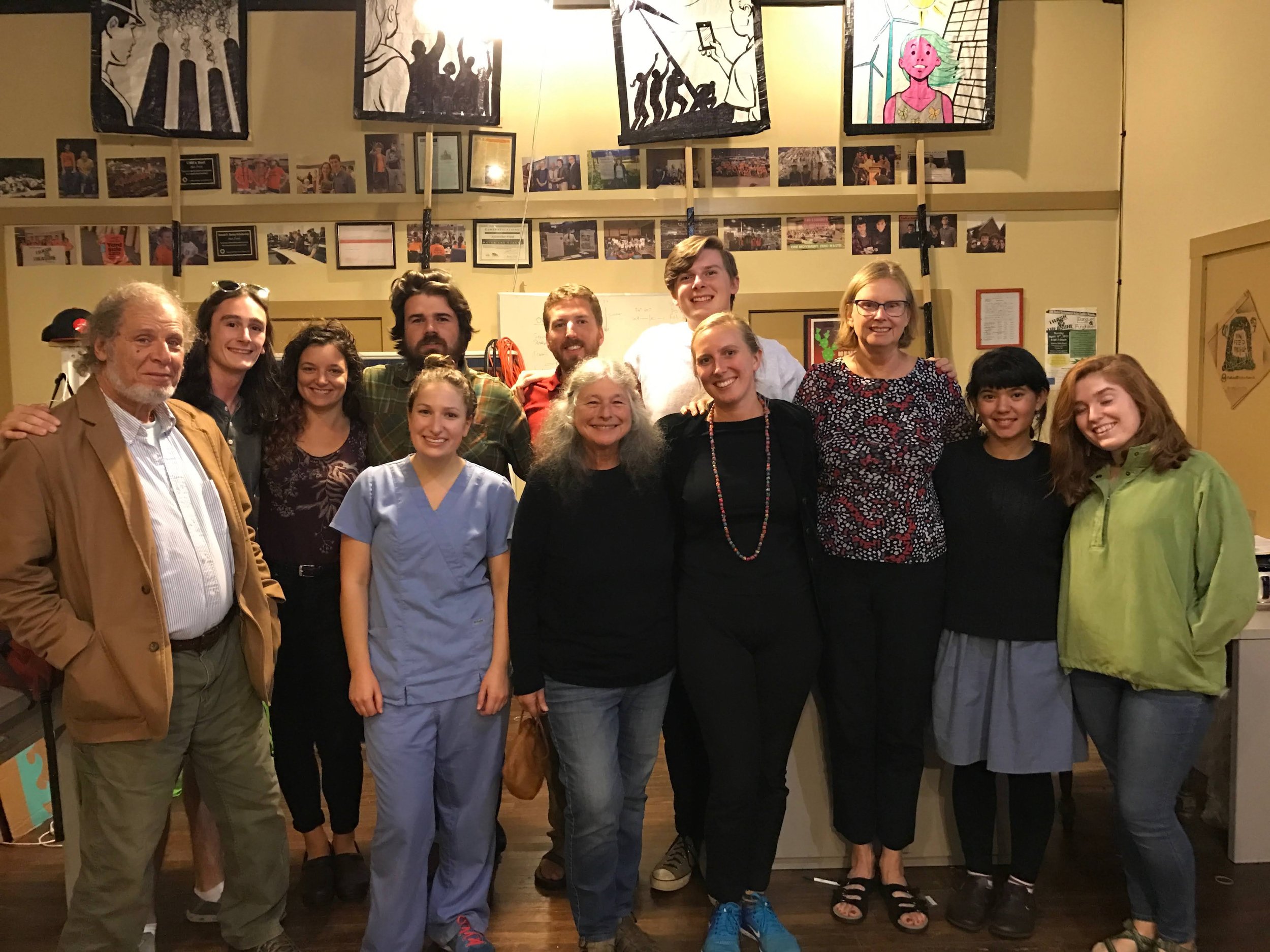
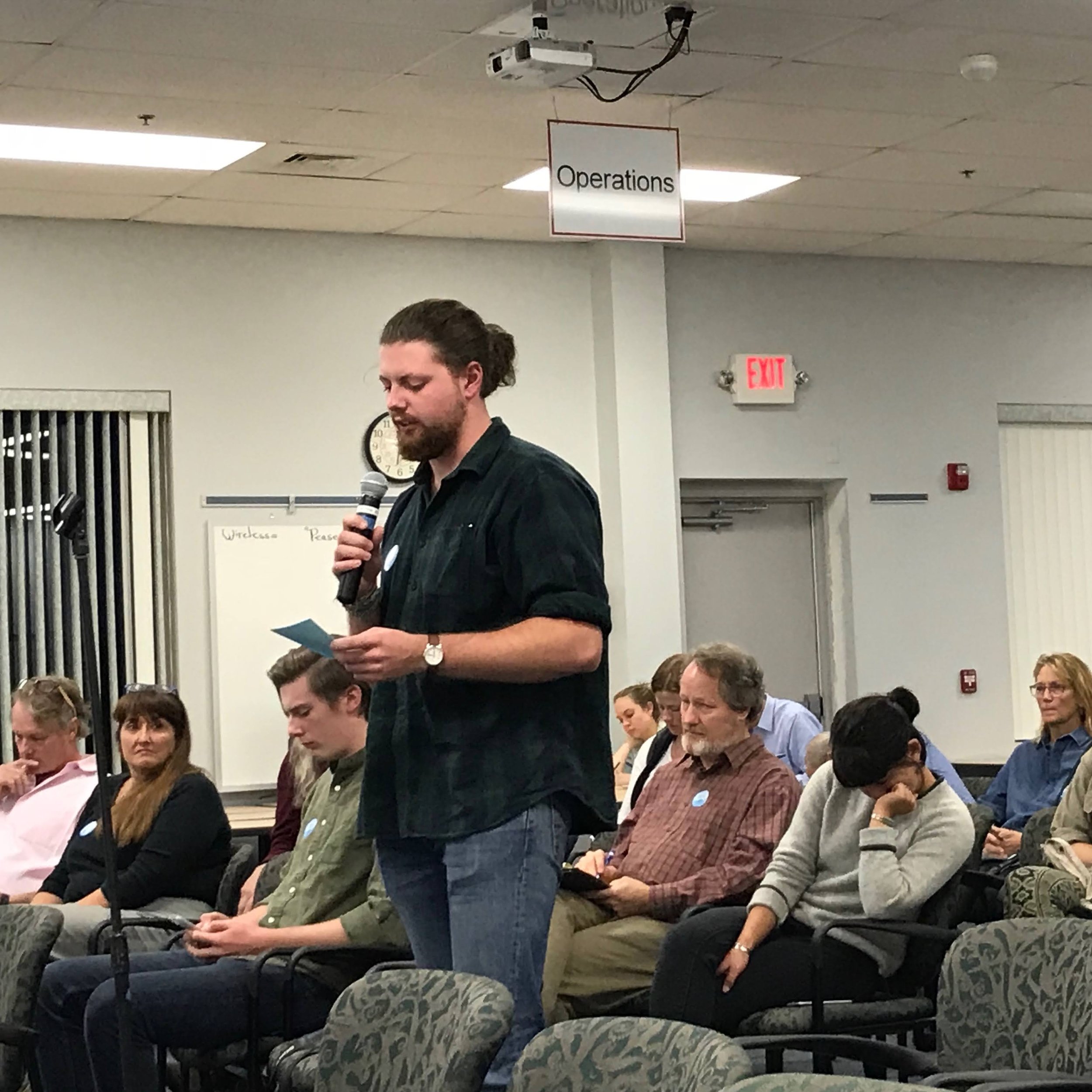
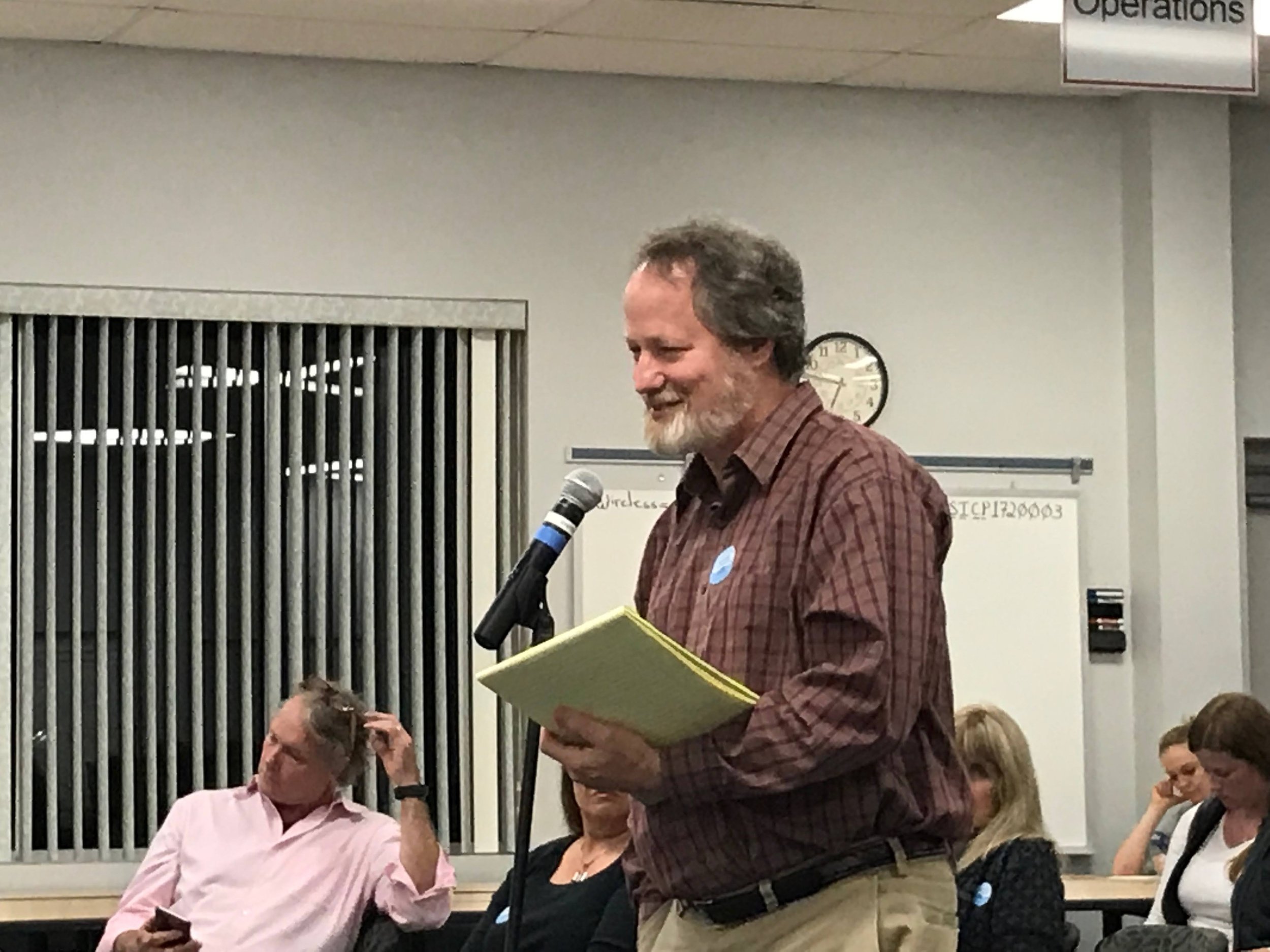
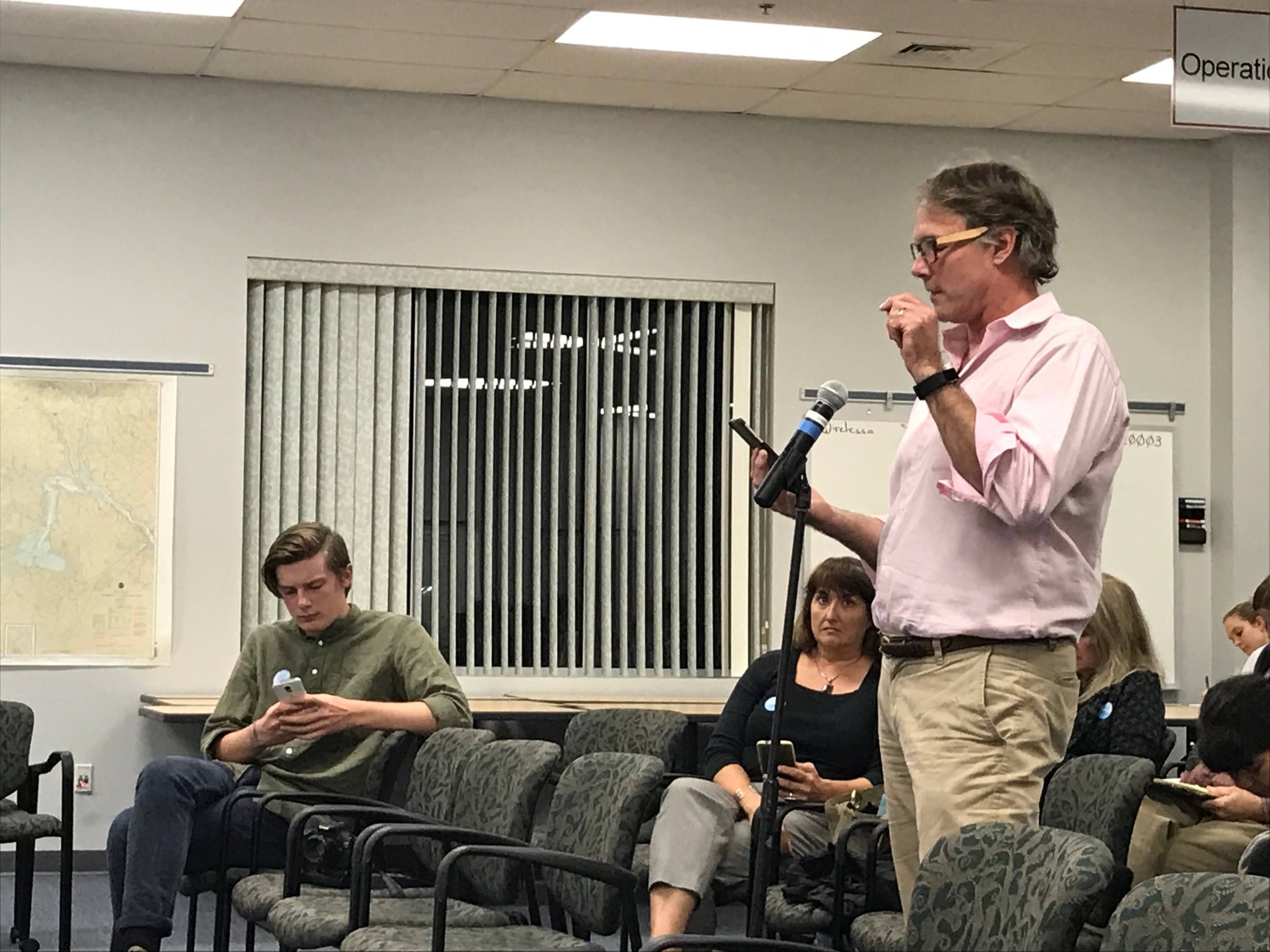
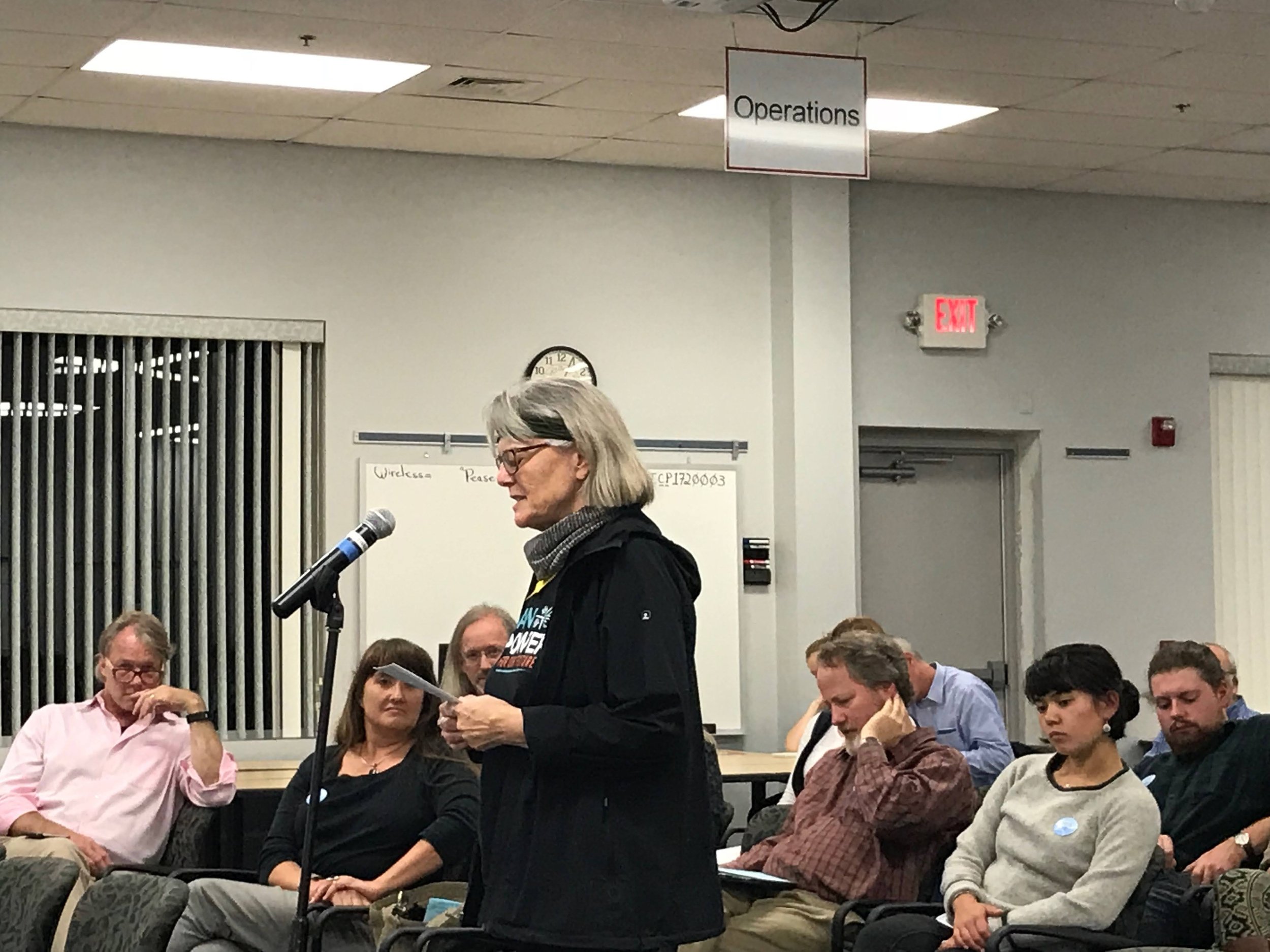
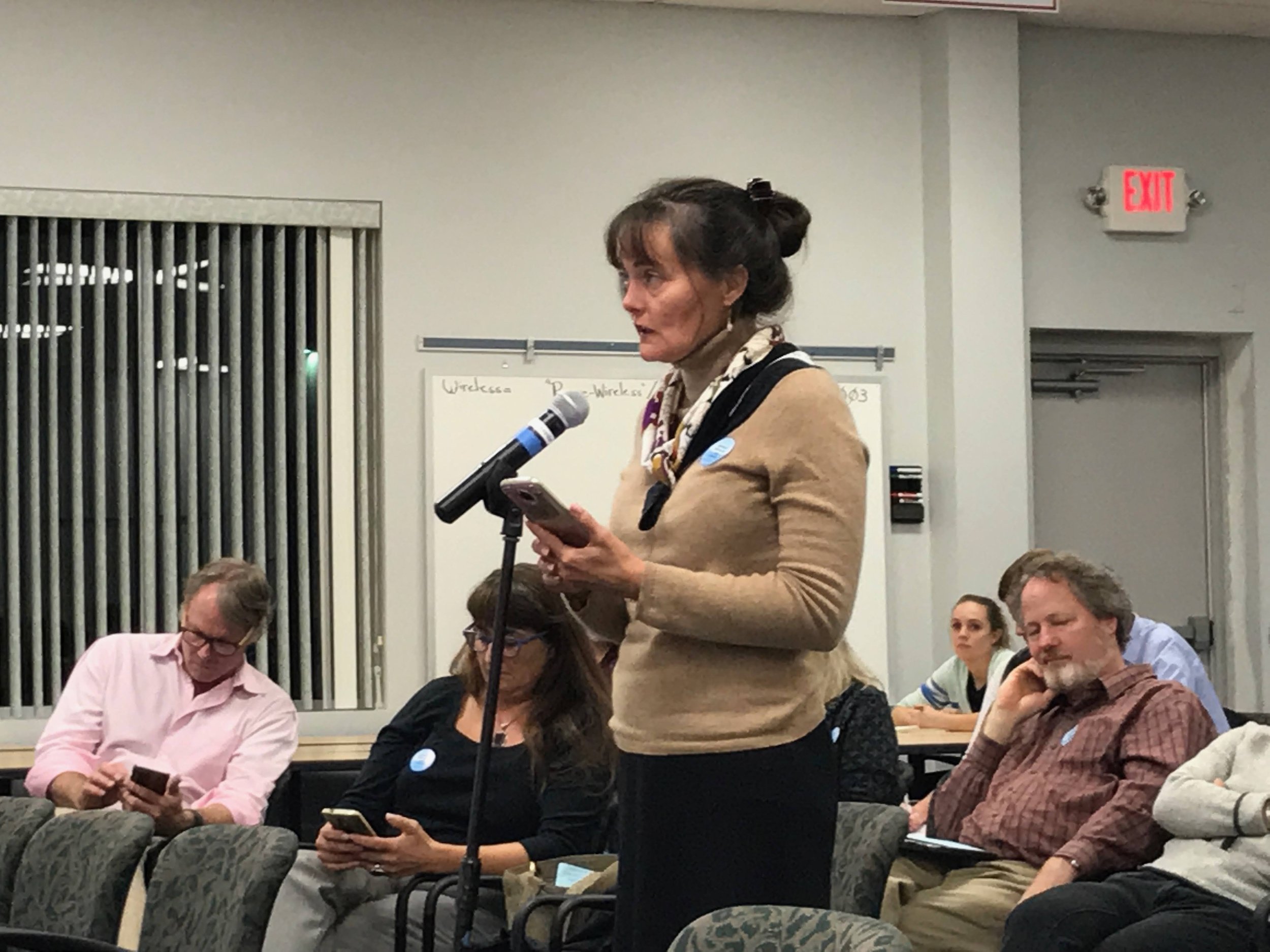
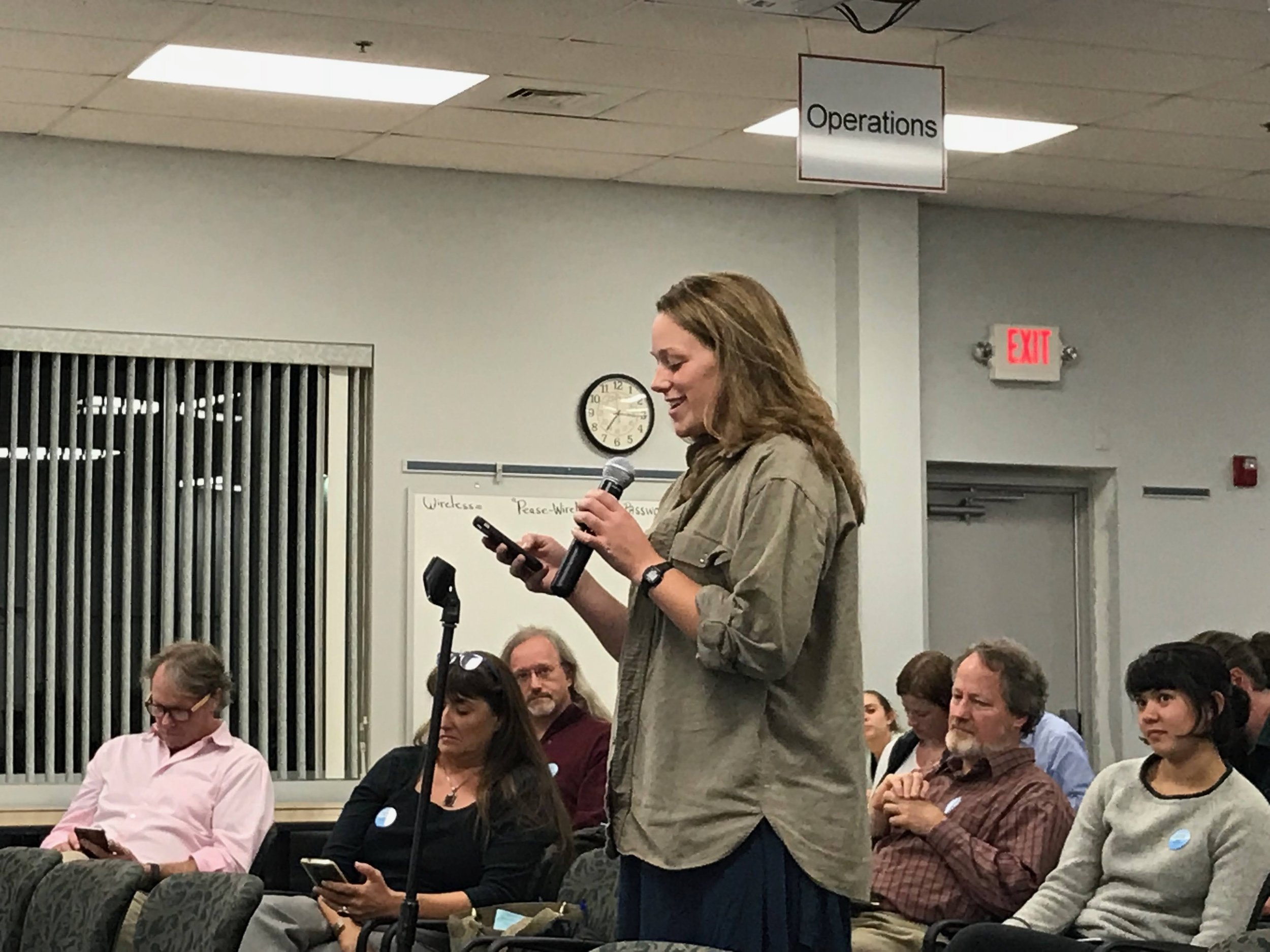
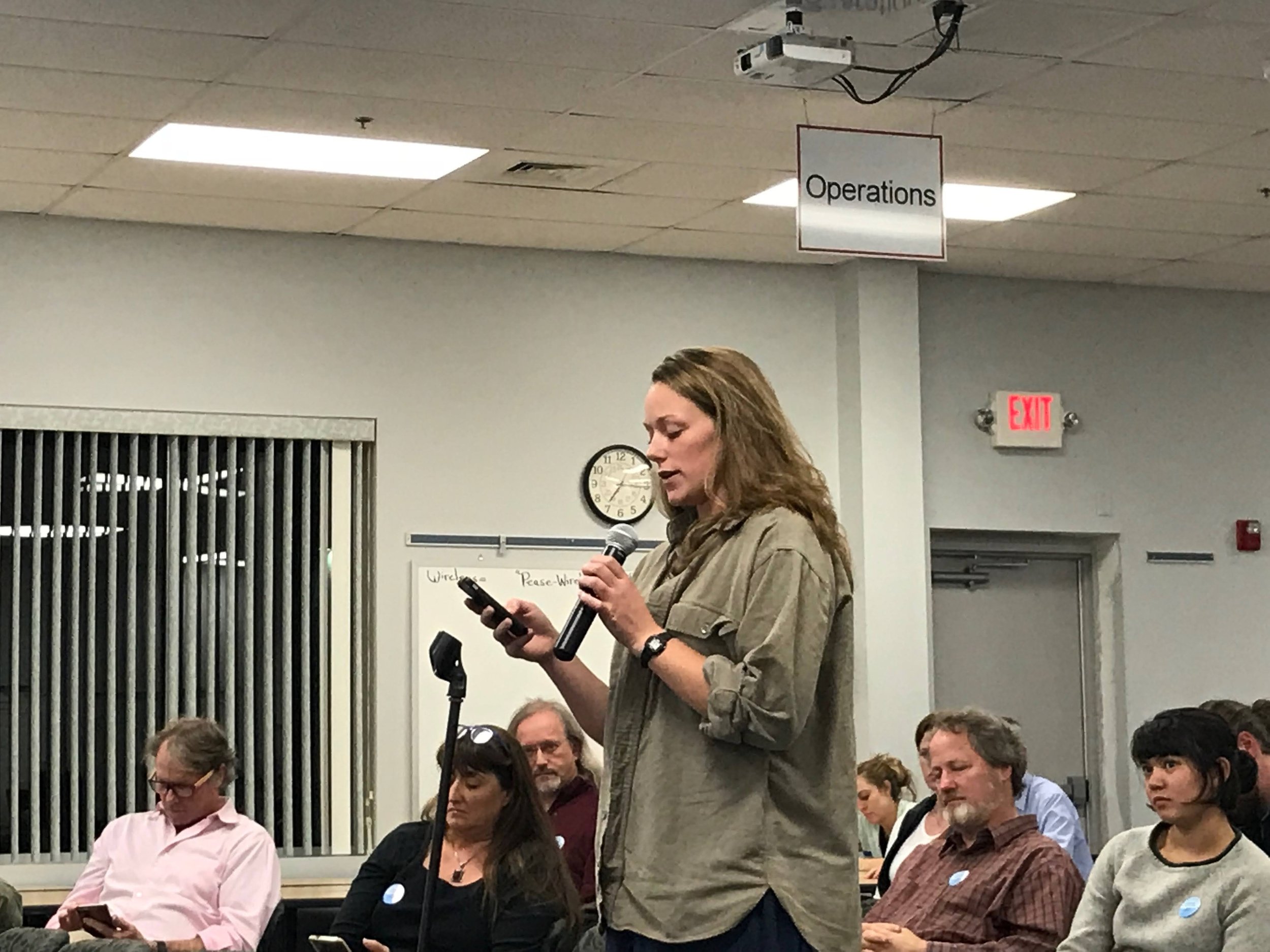
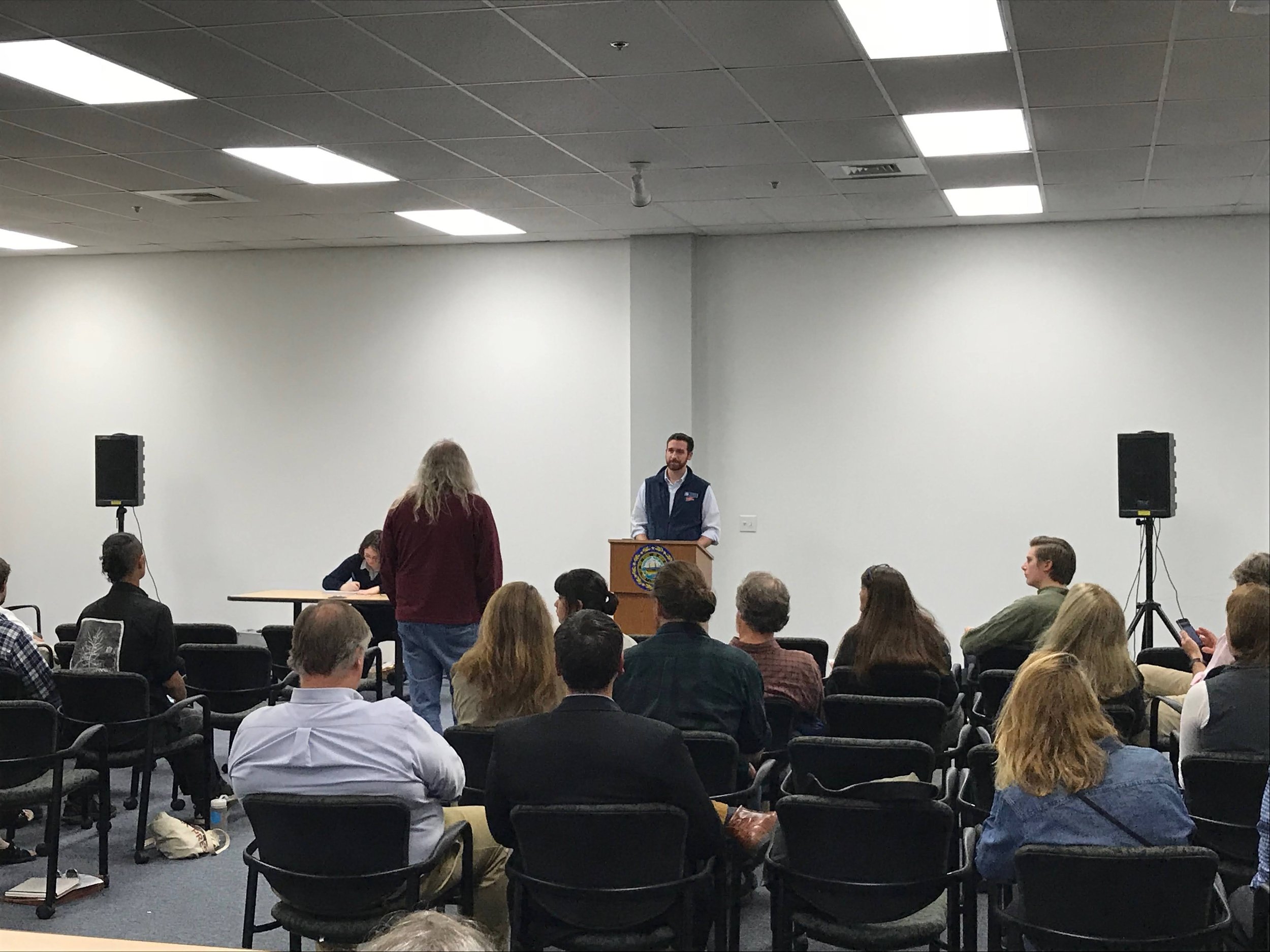
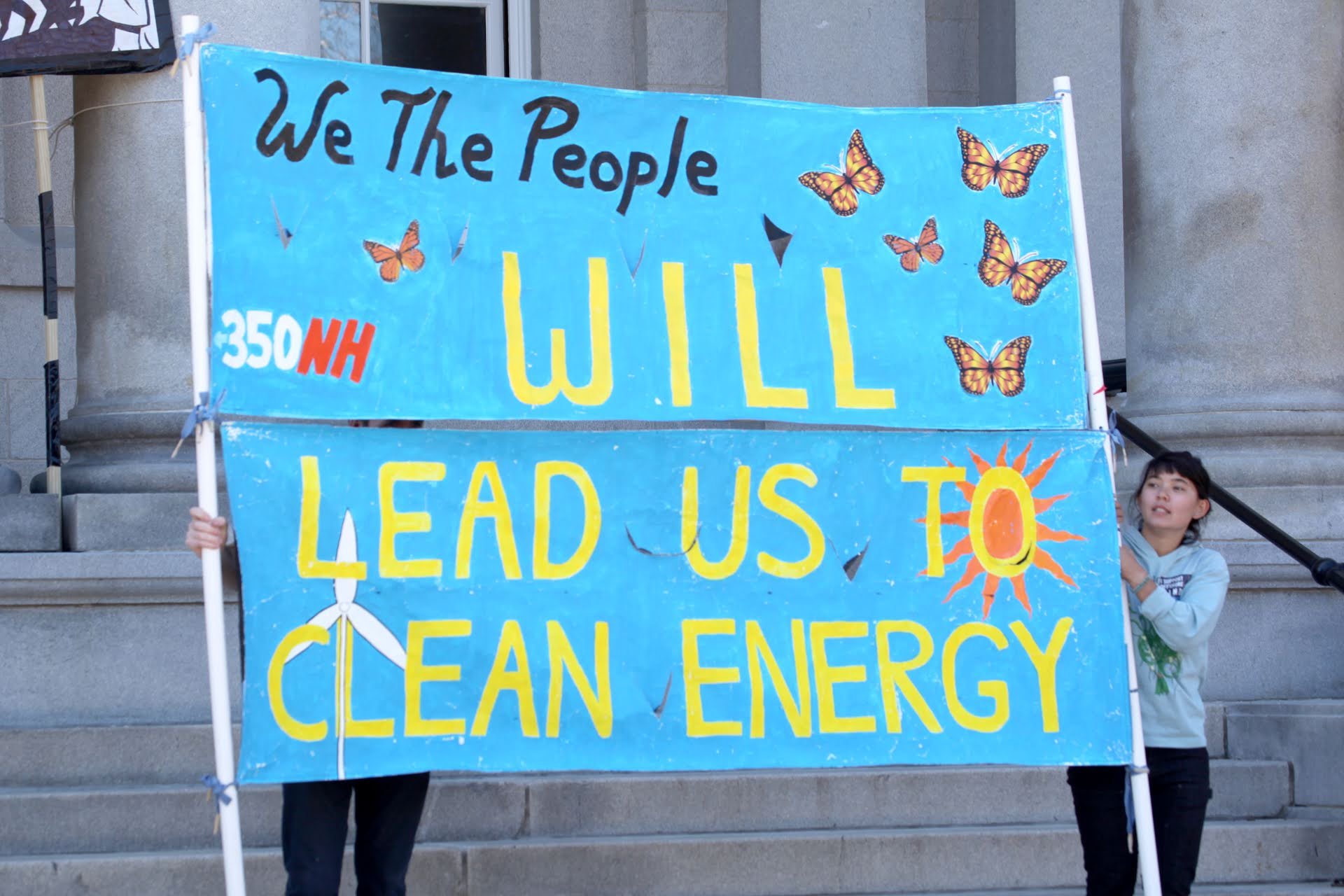
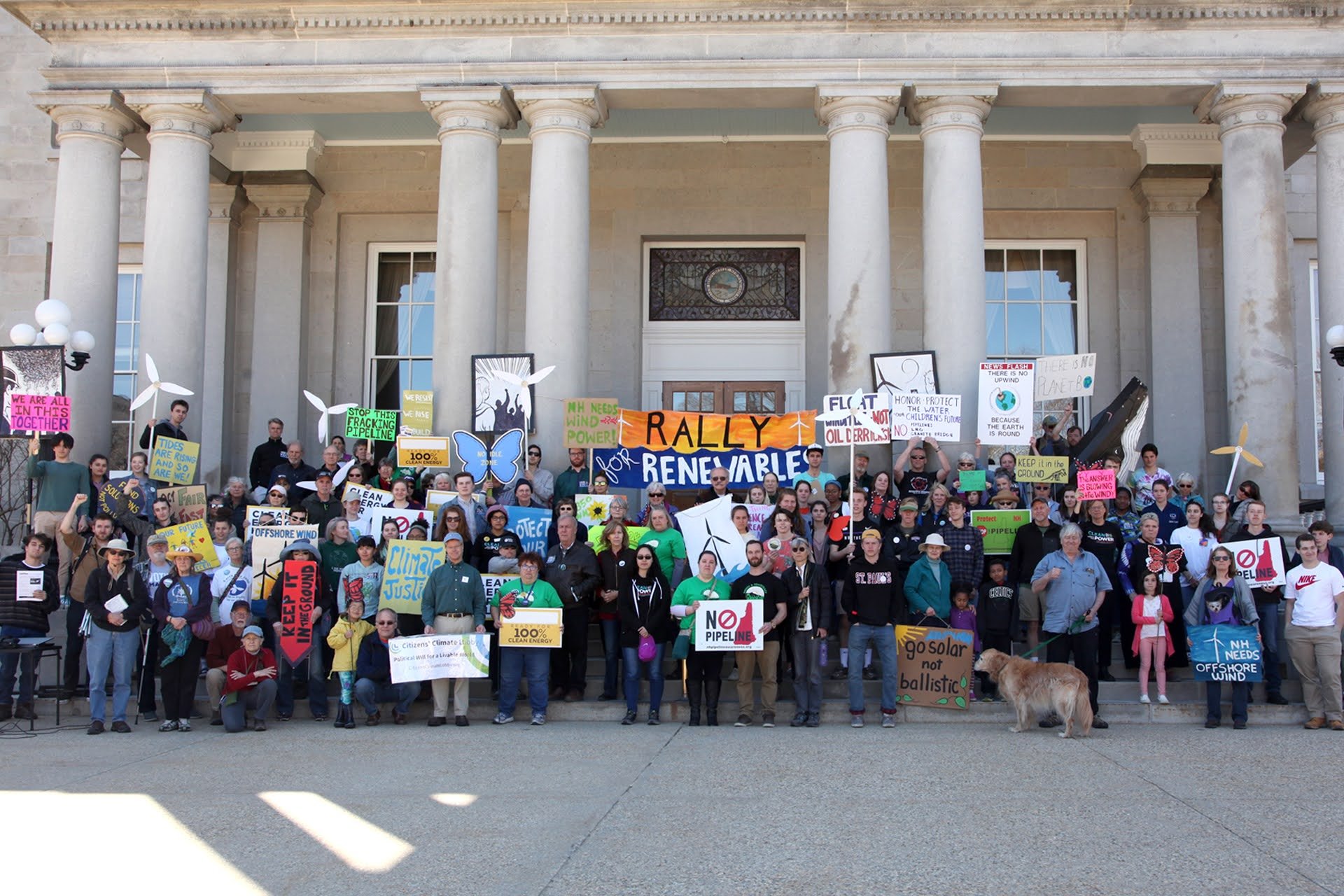


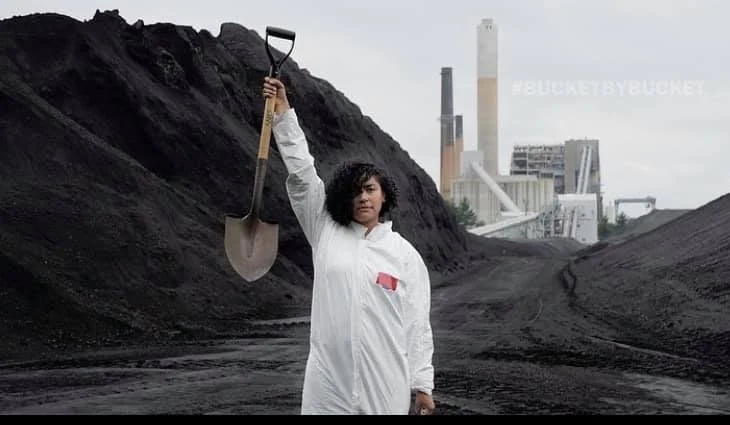

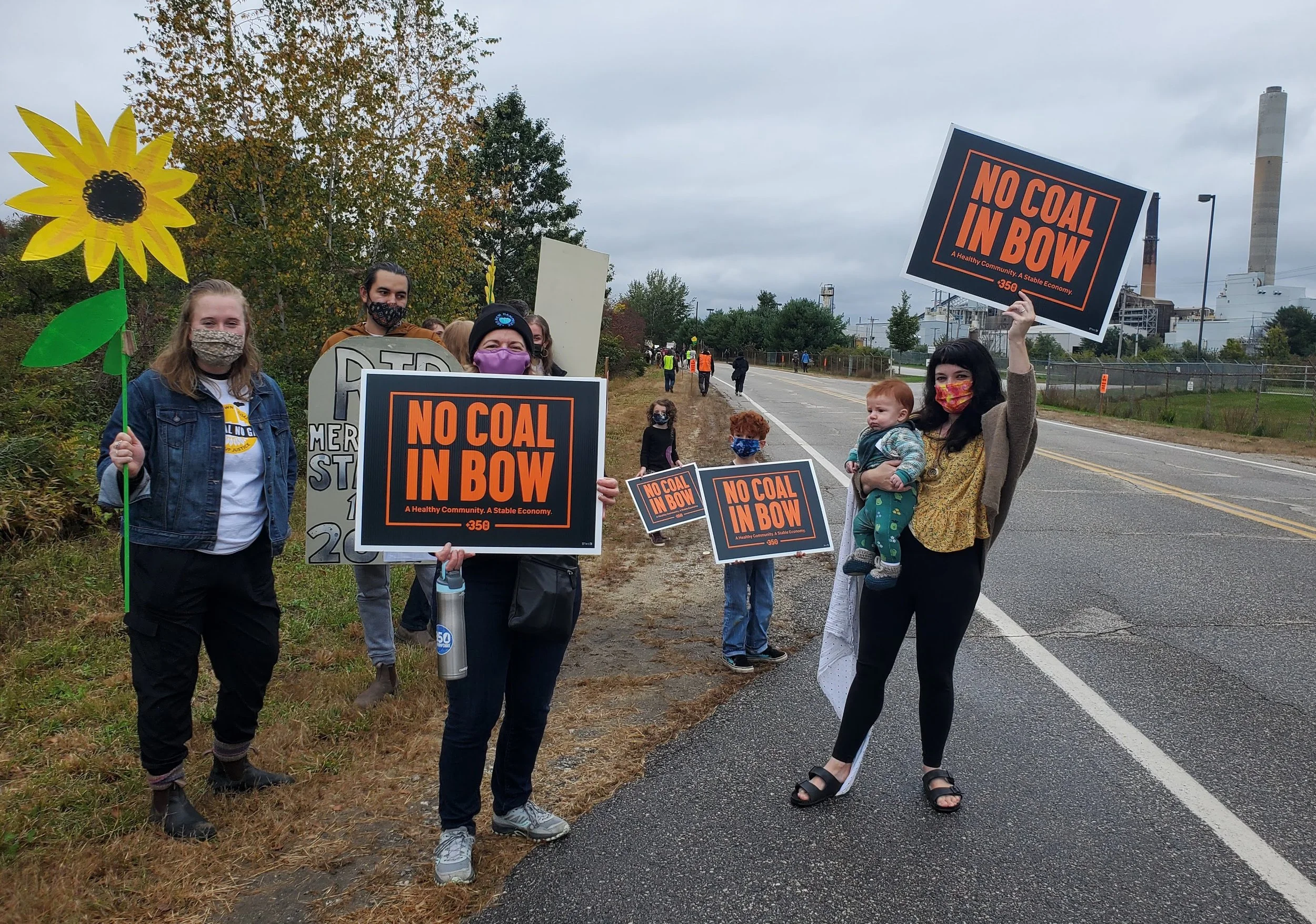
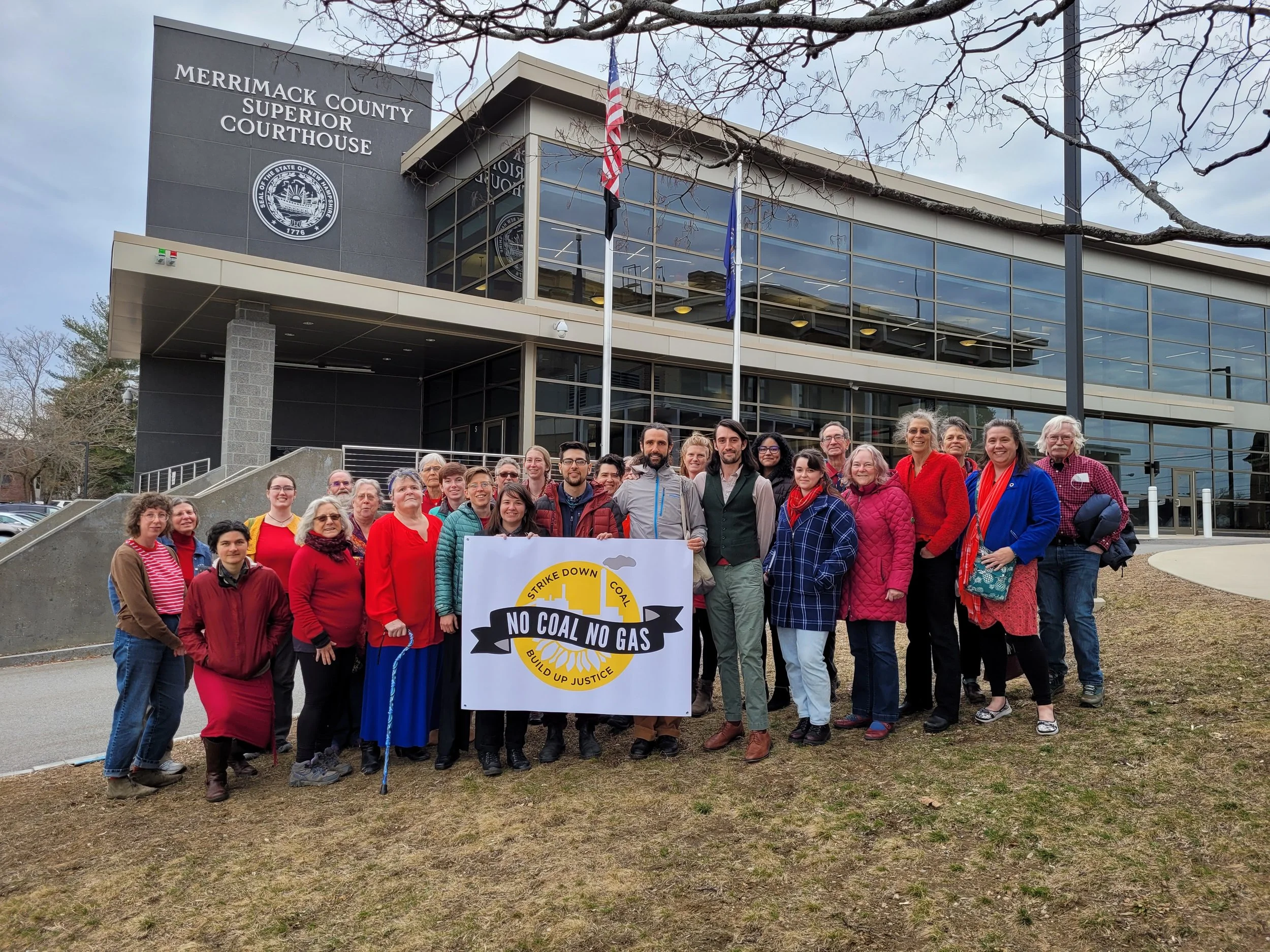
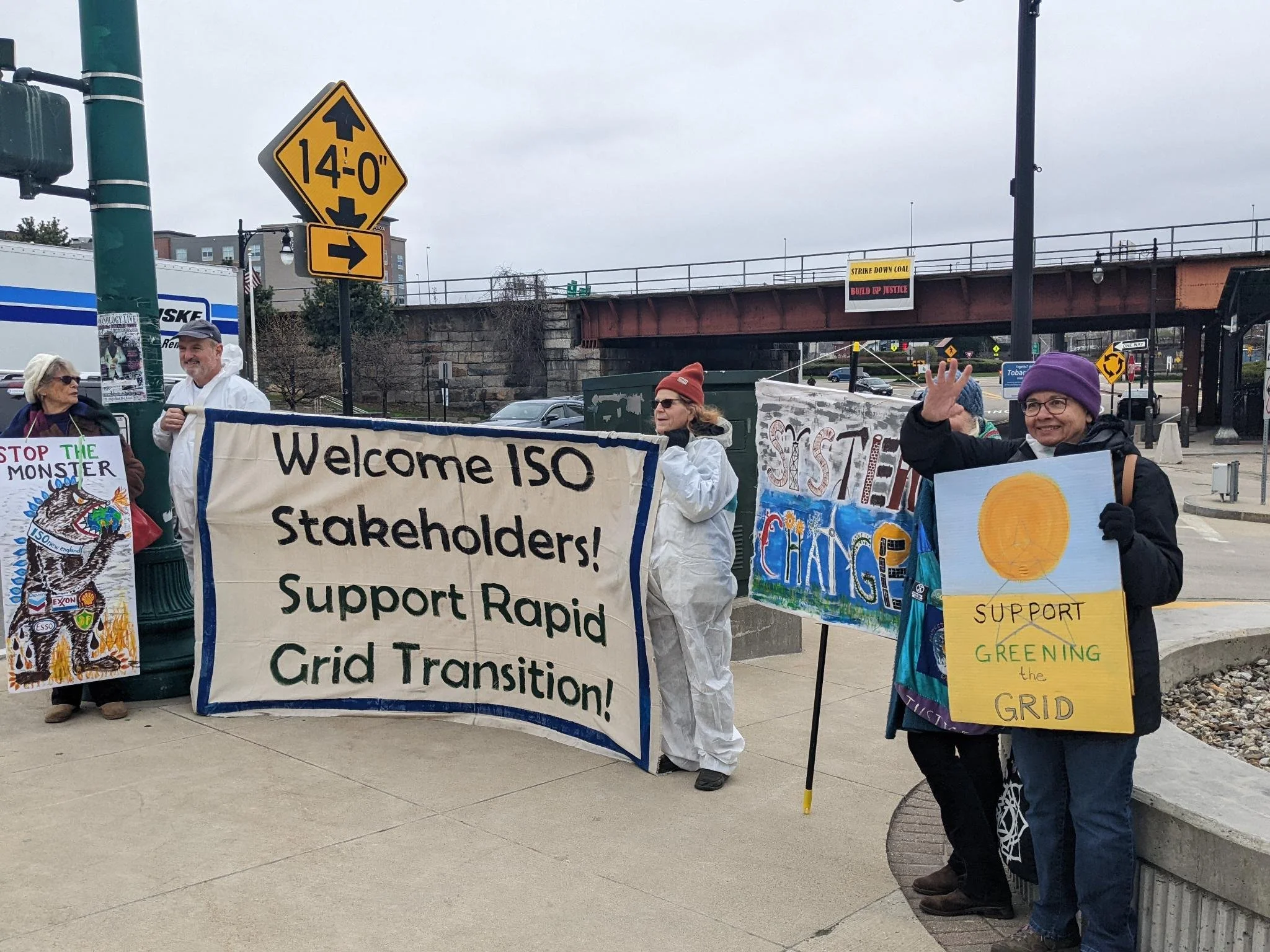
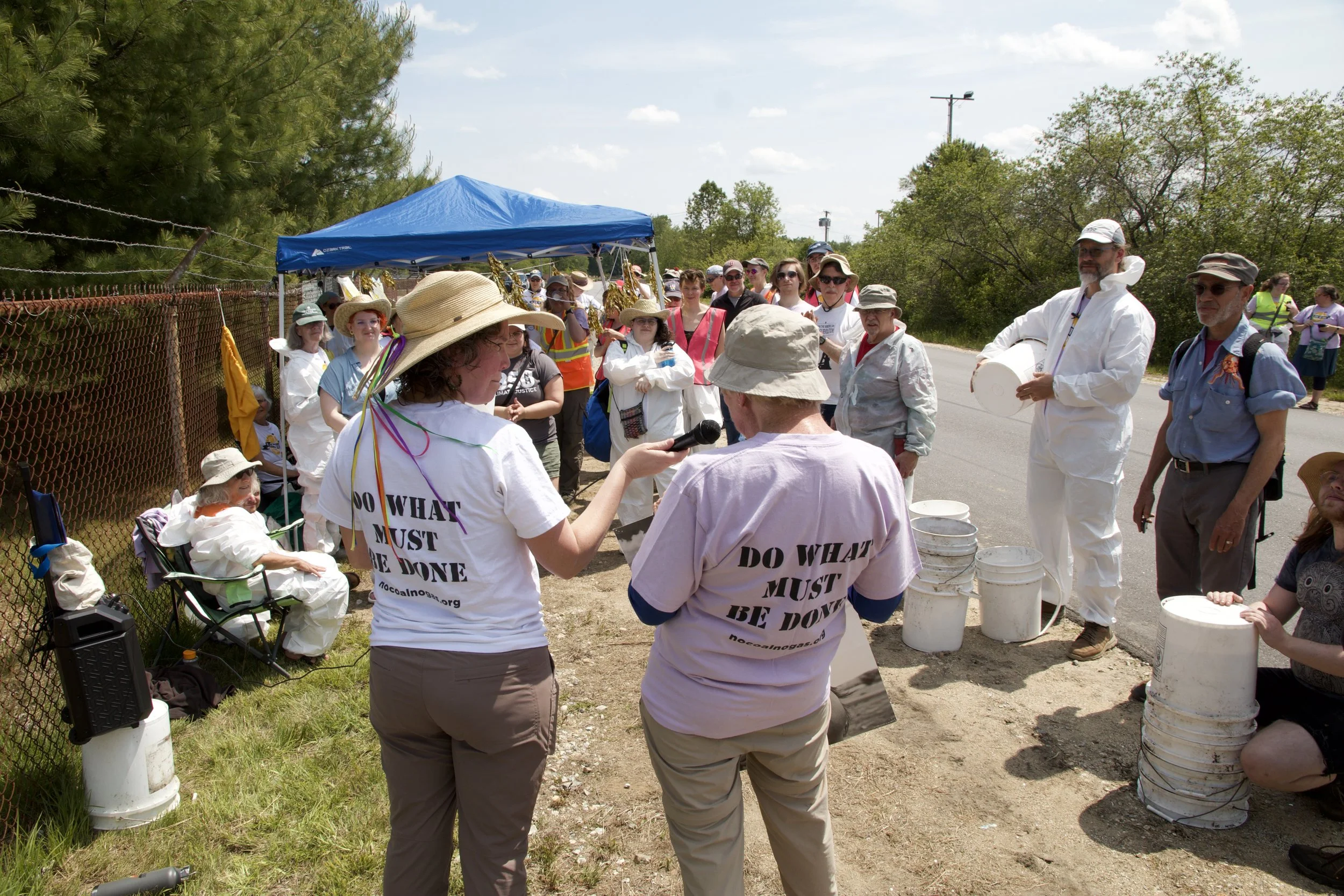
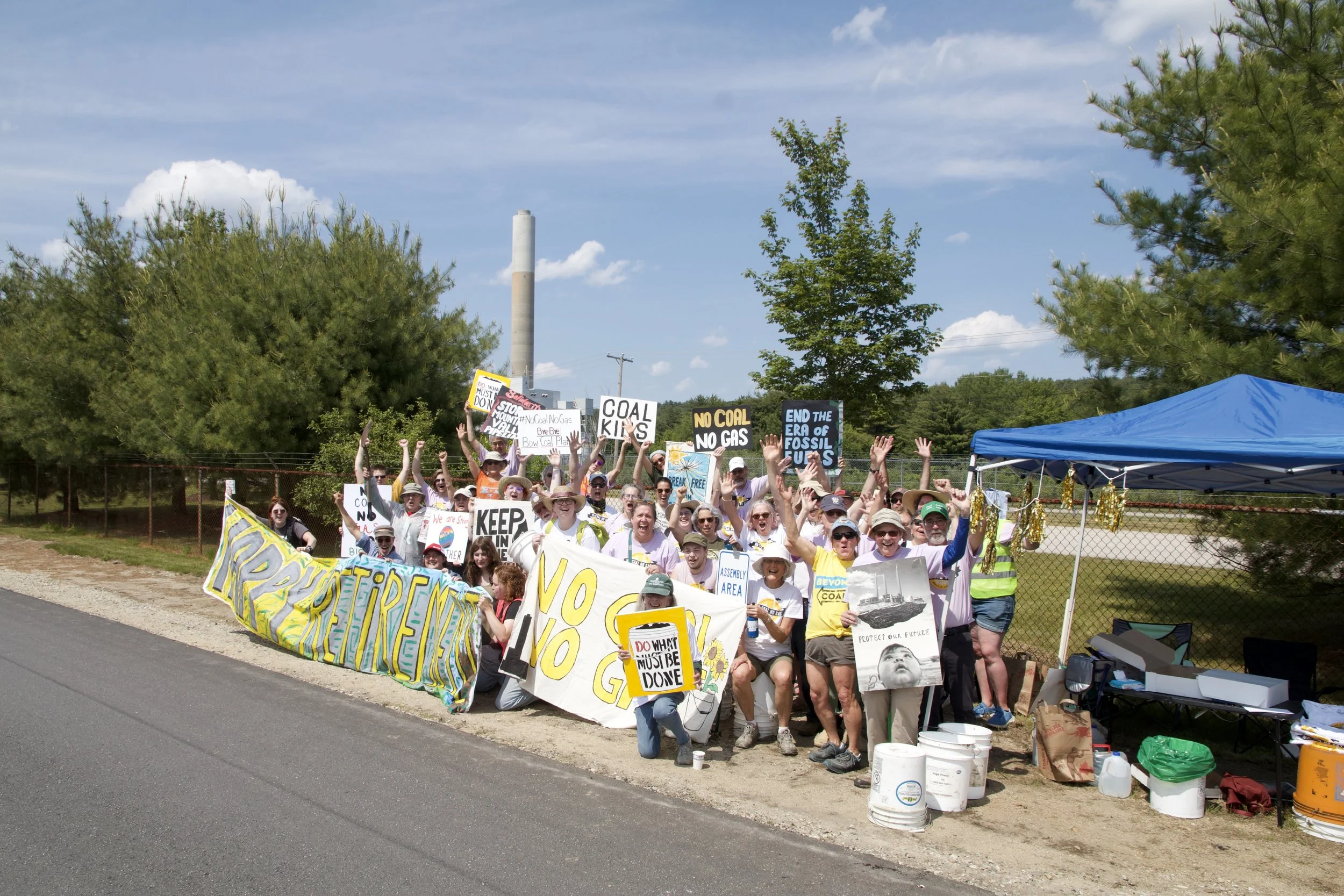
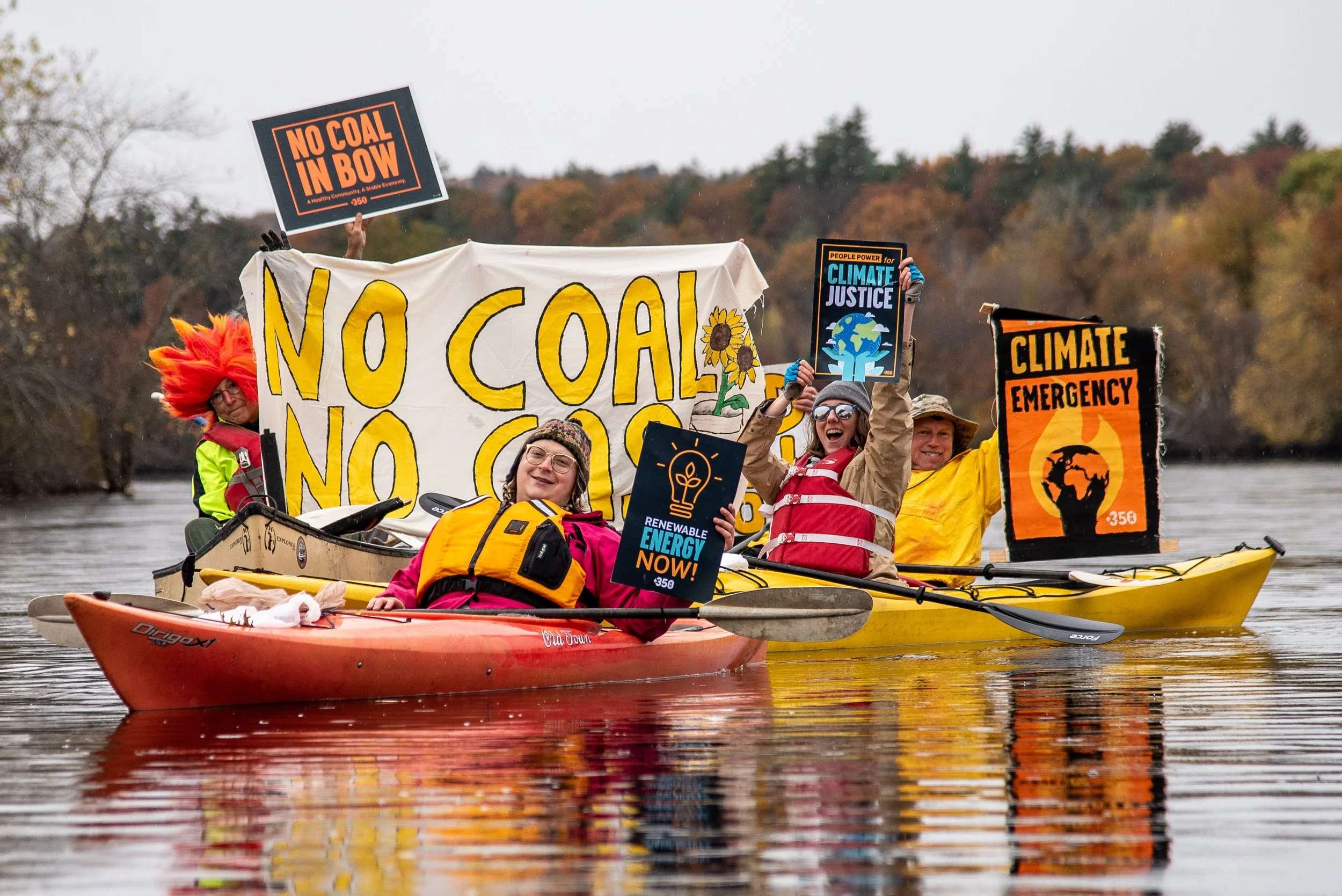
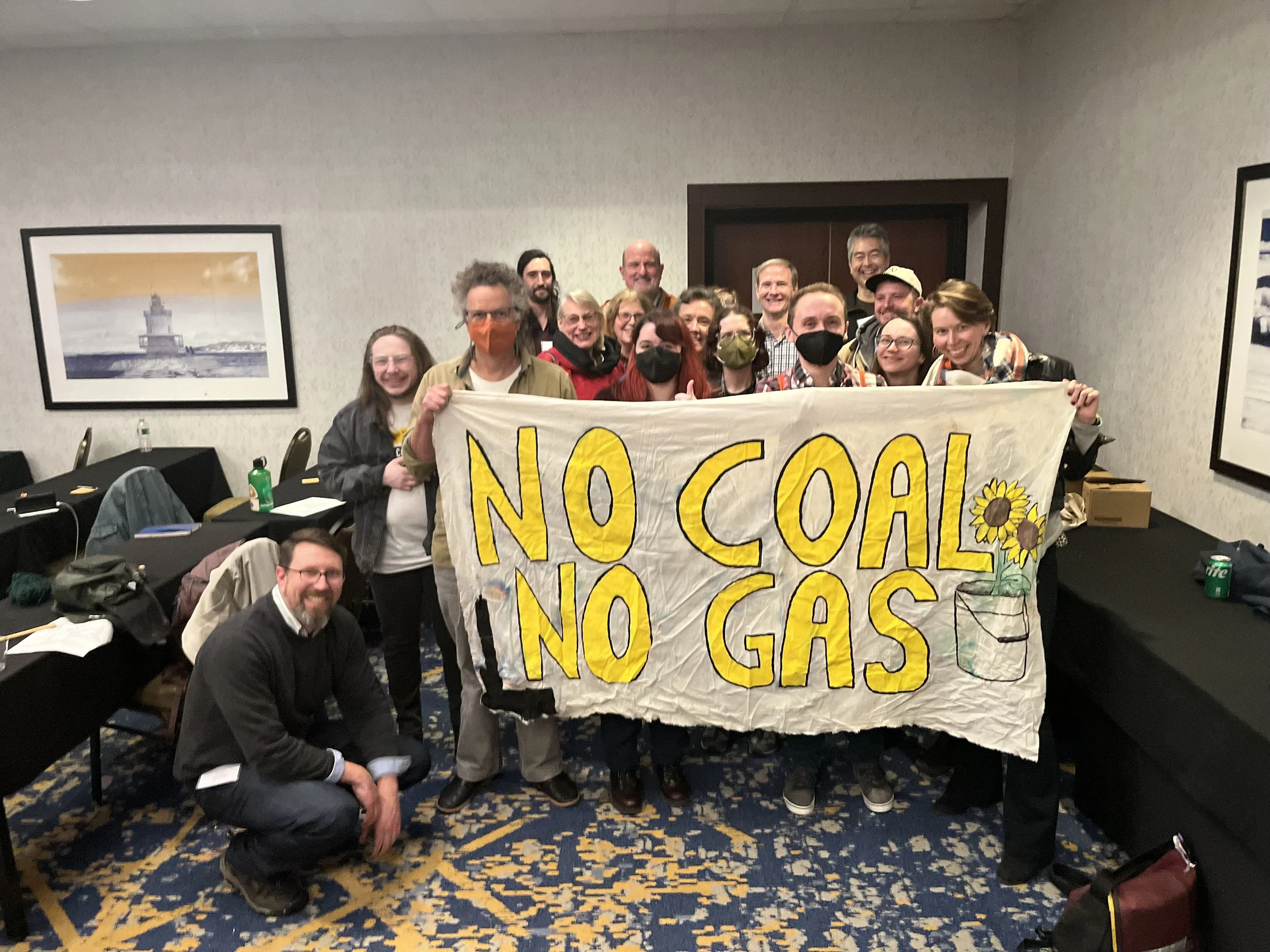
Sign up for our newsletter
And follow us on social media:


